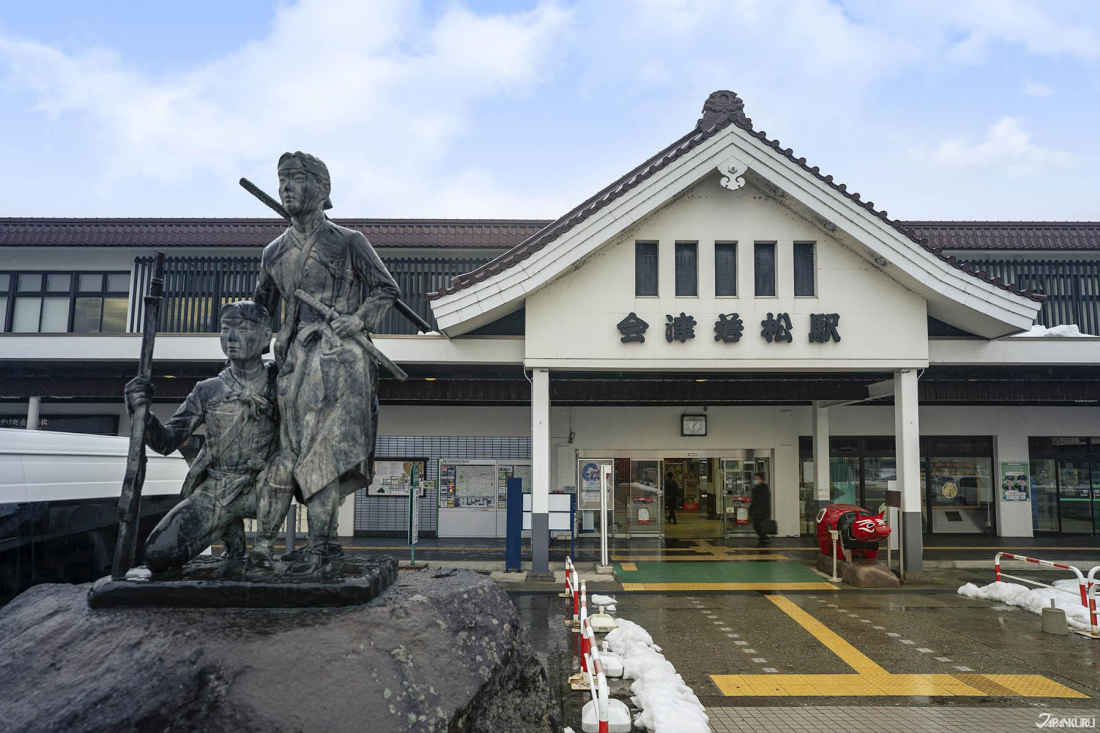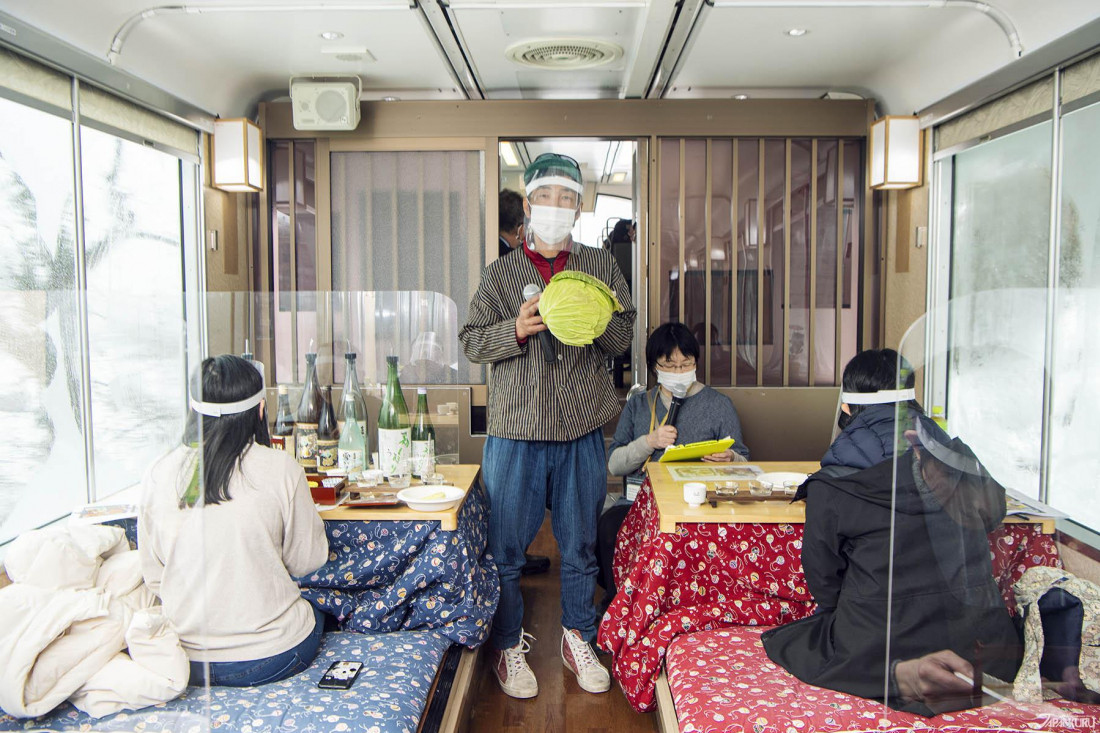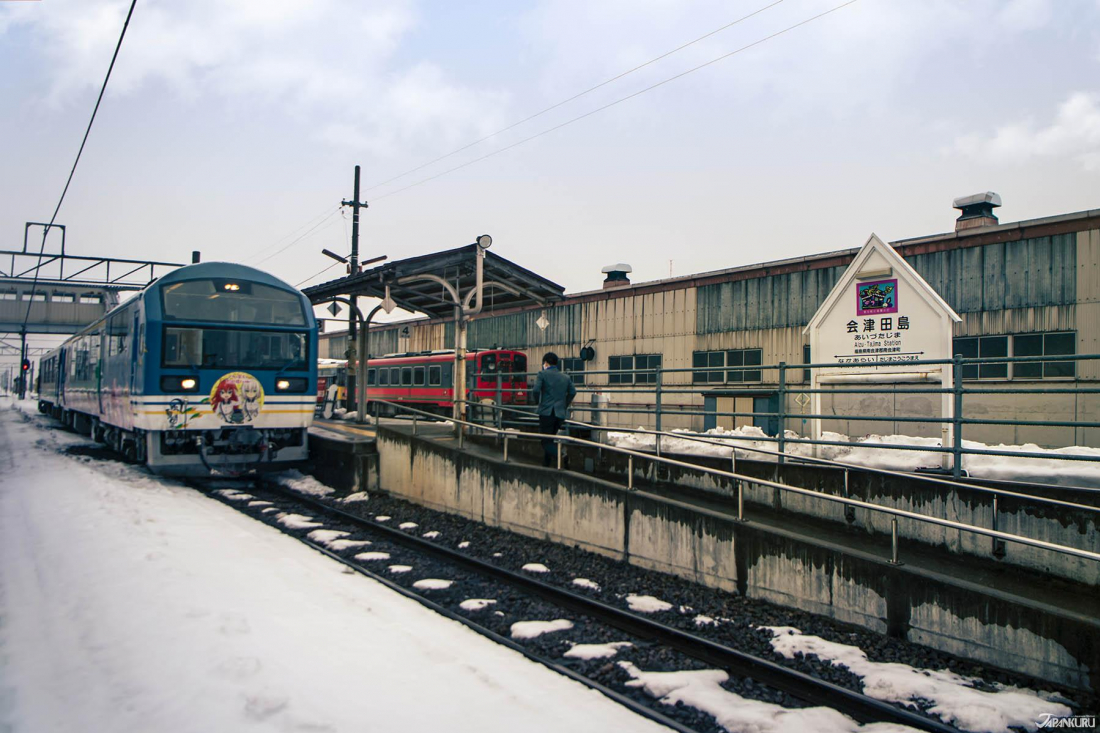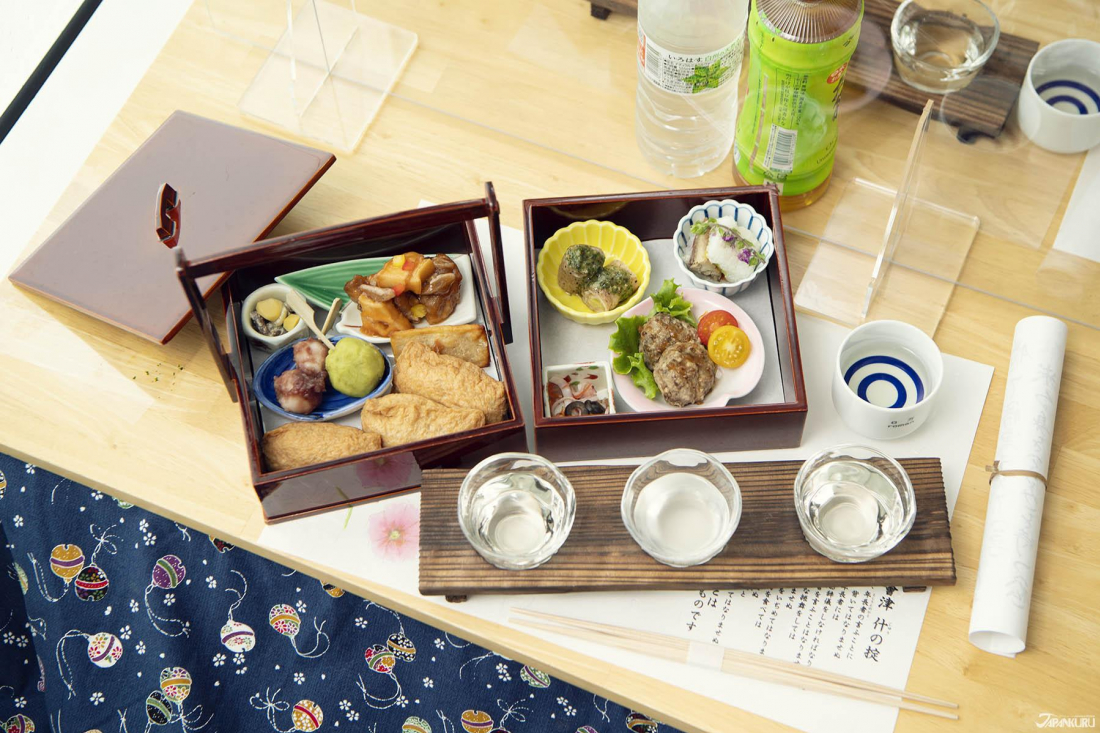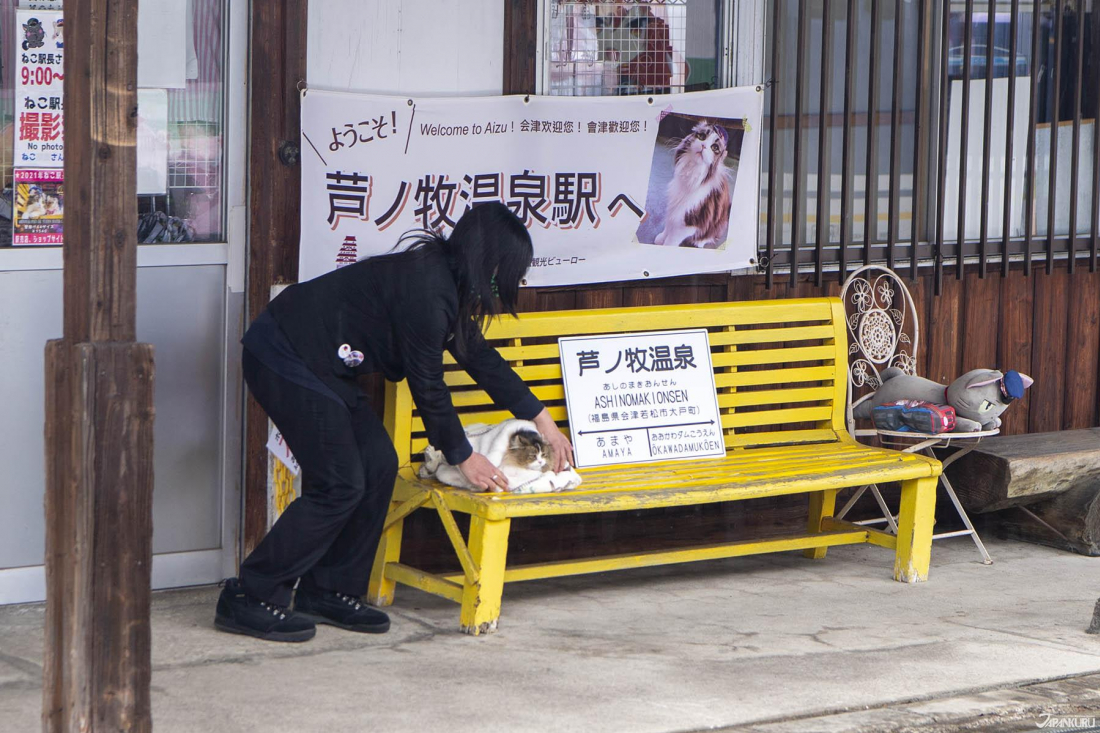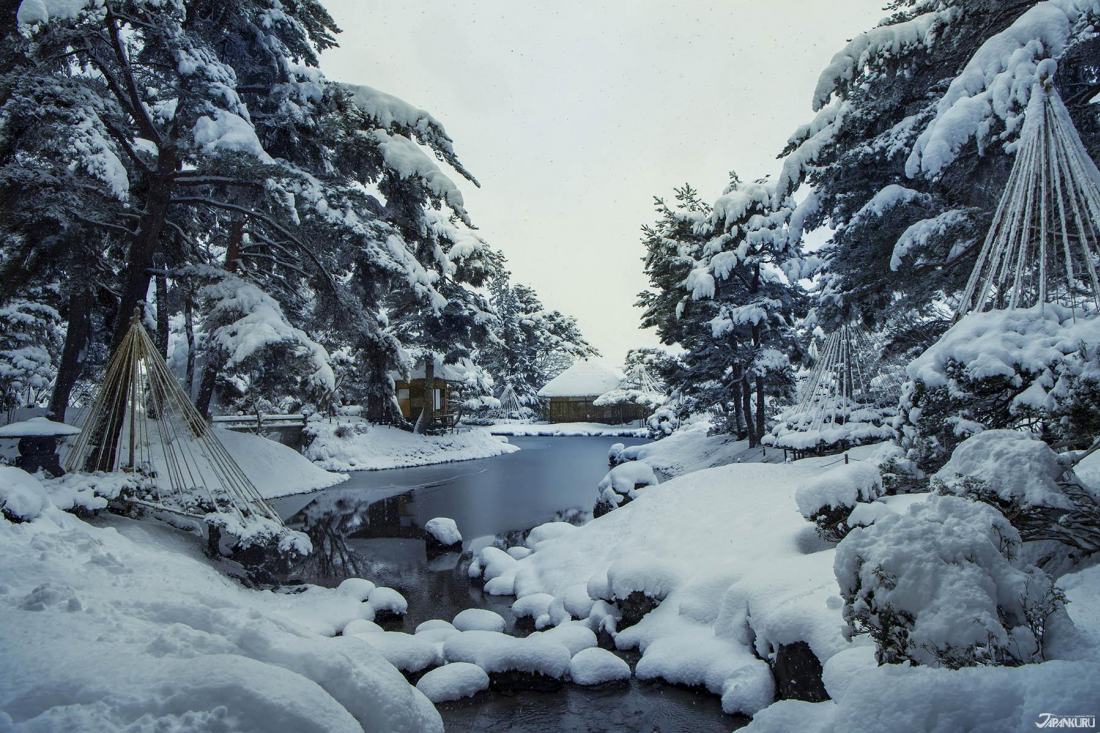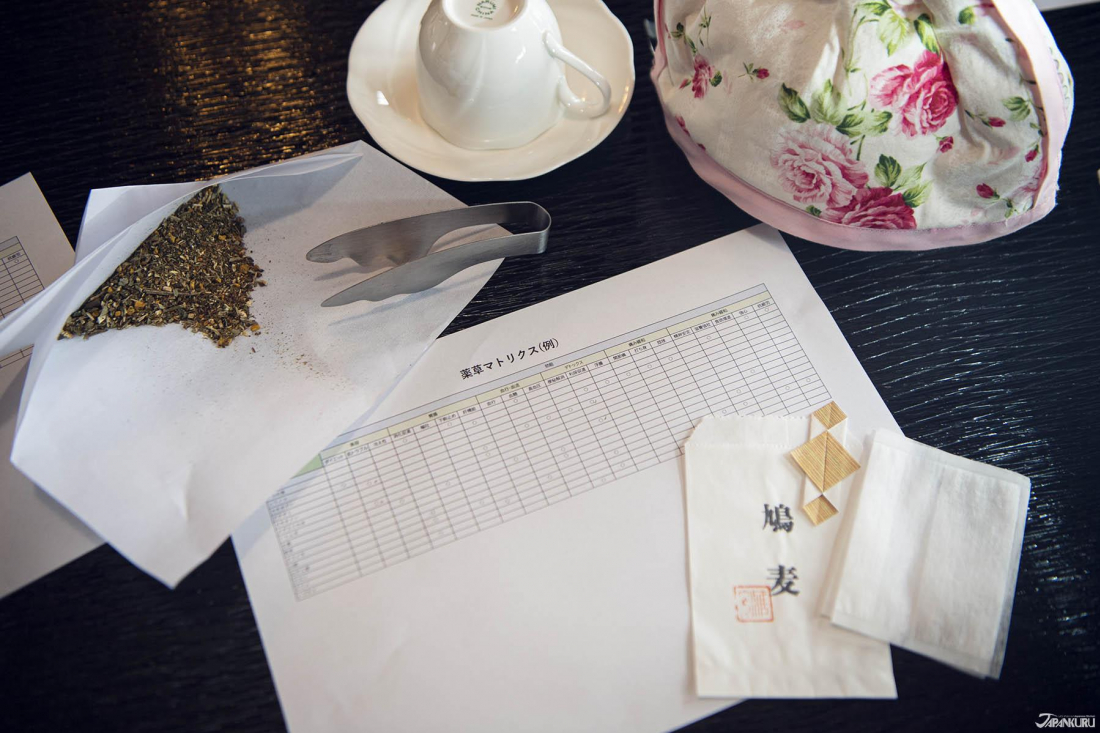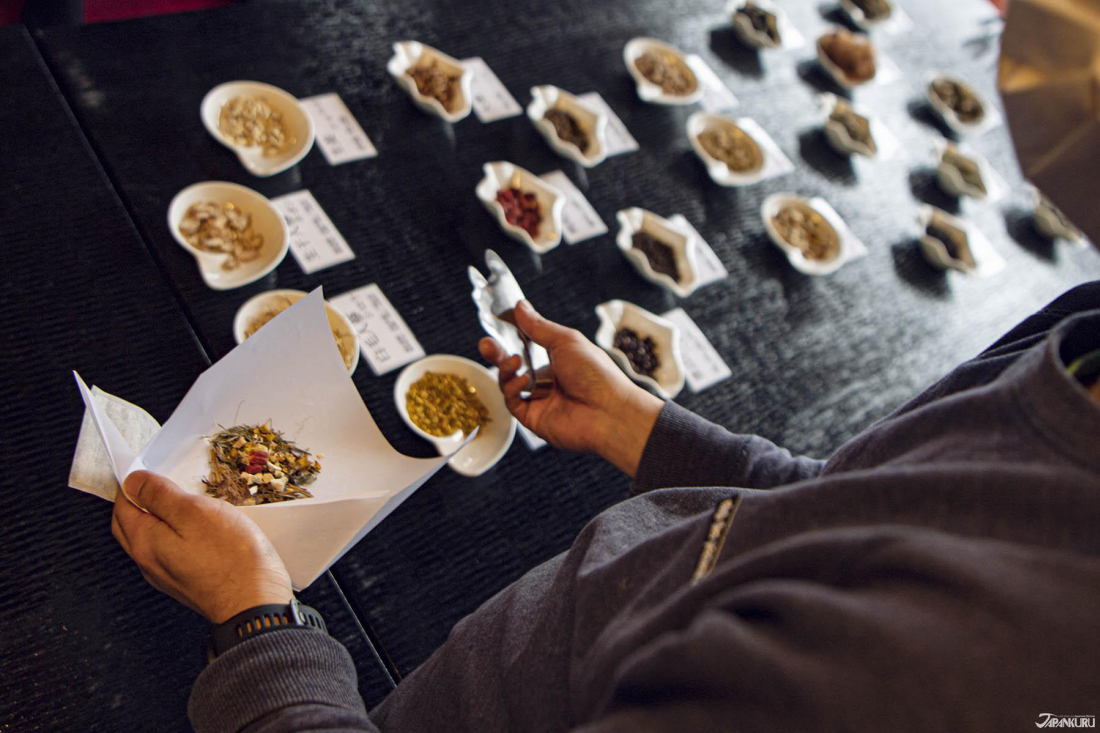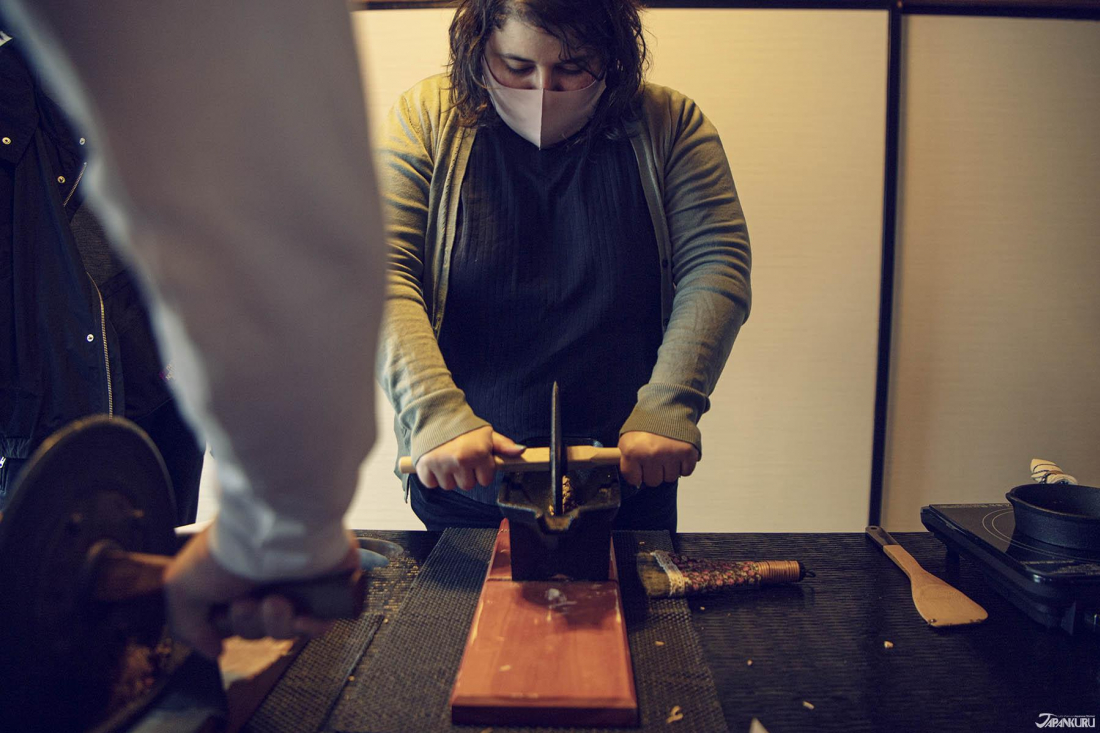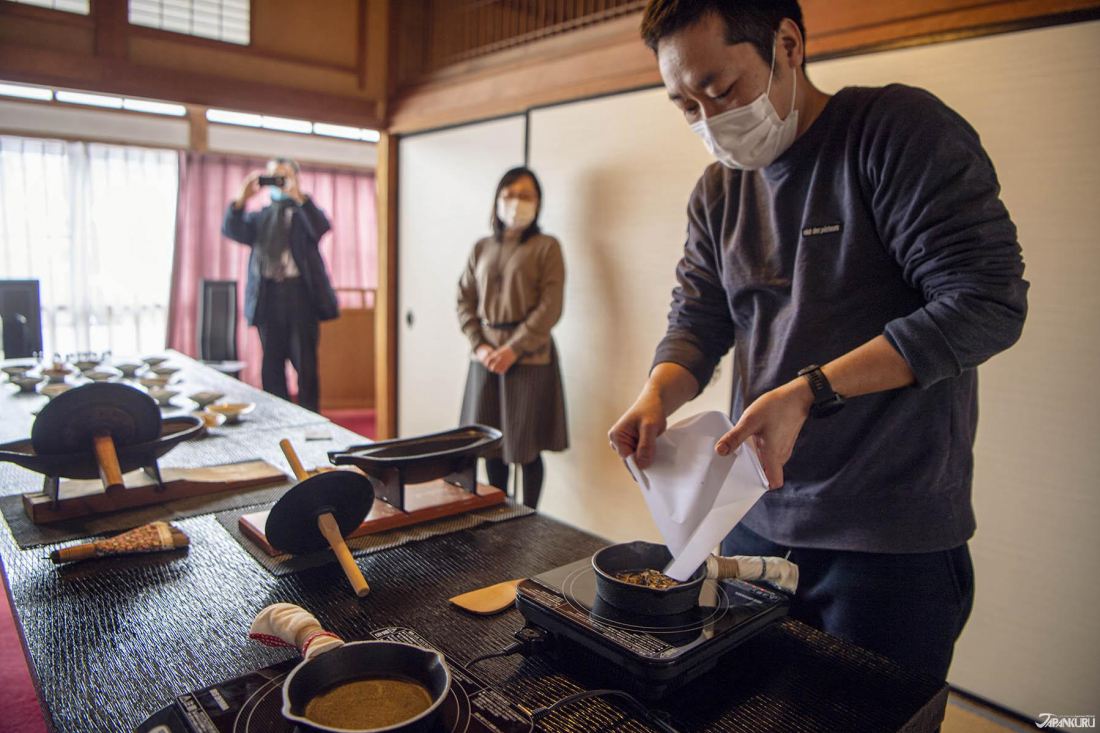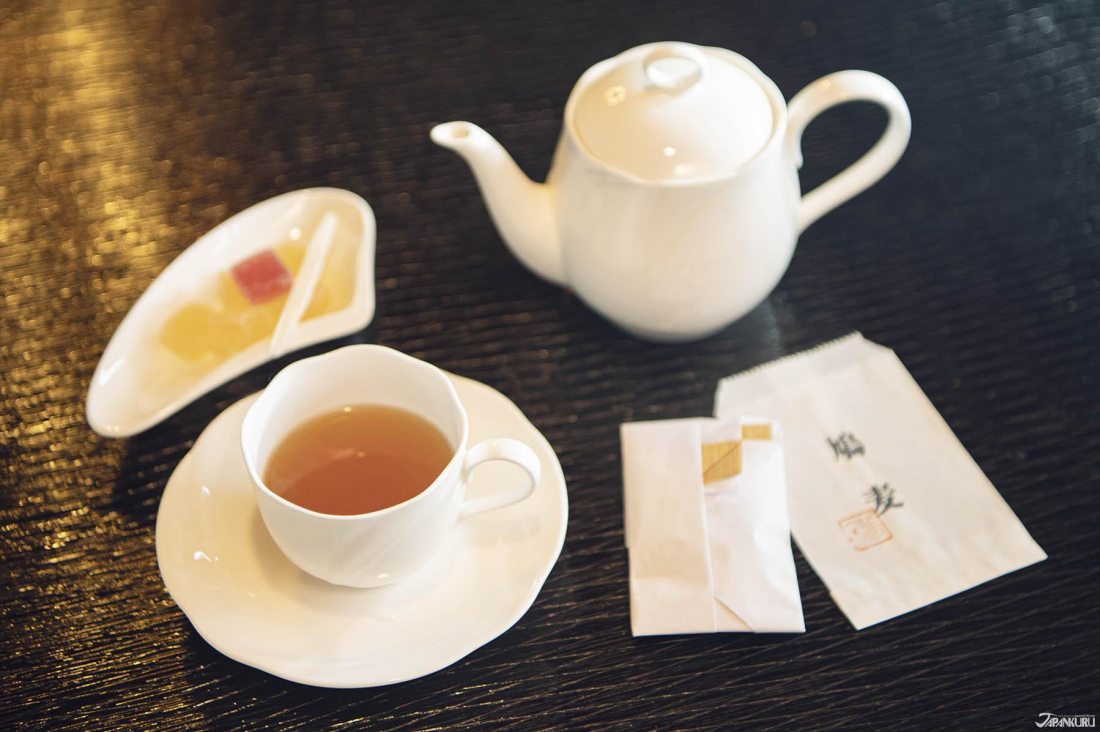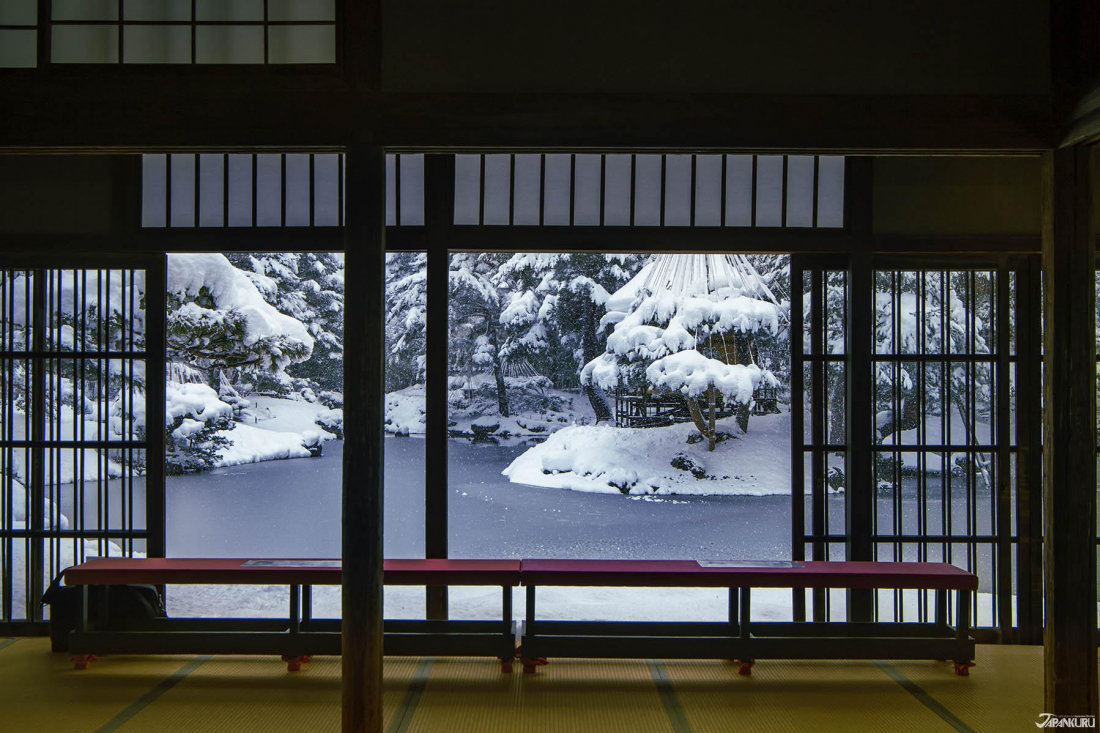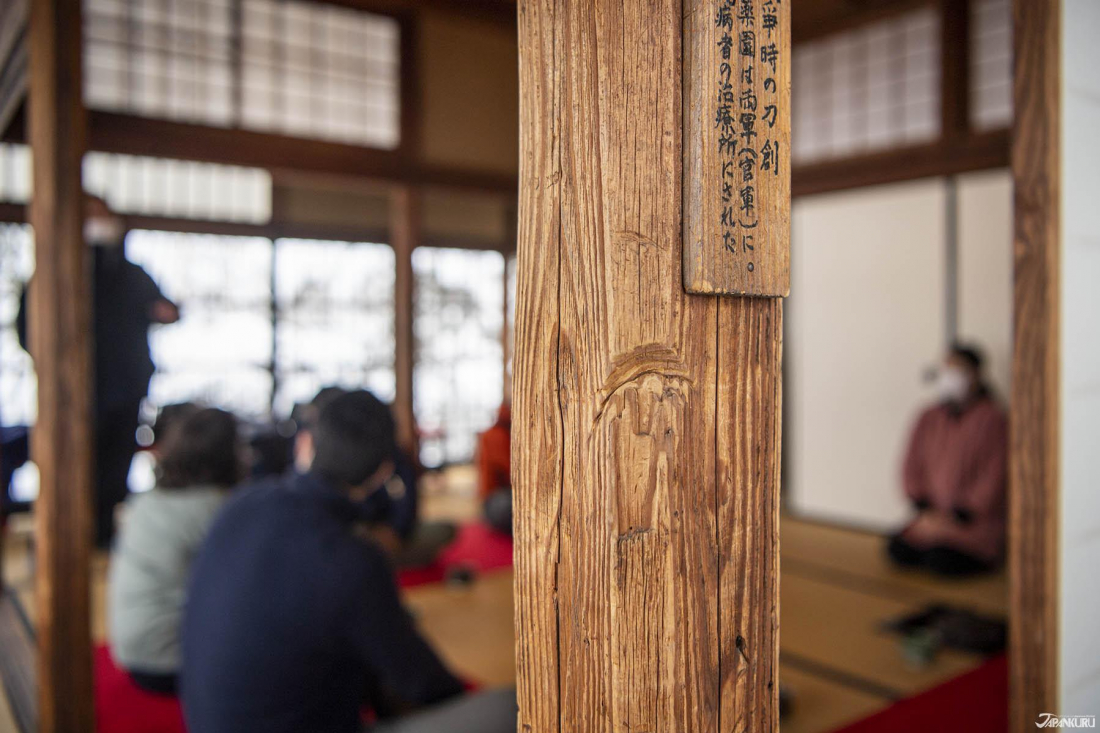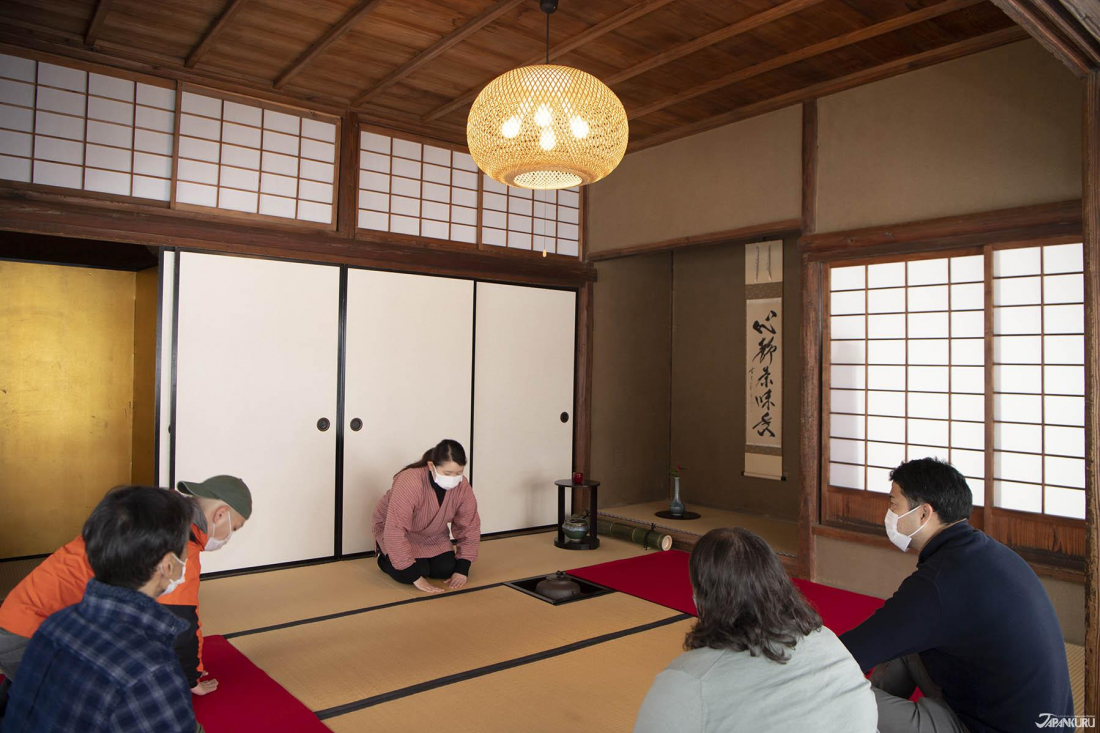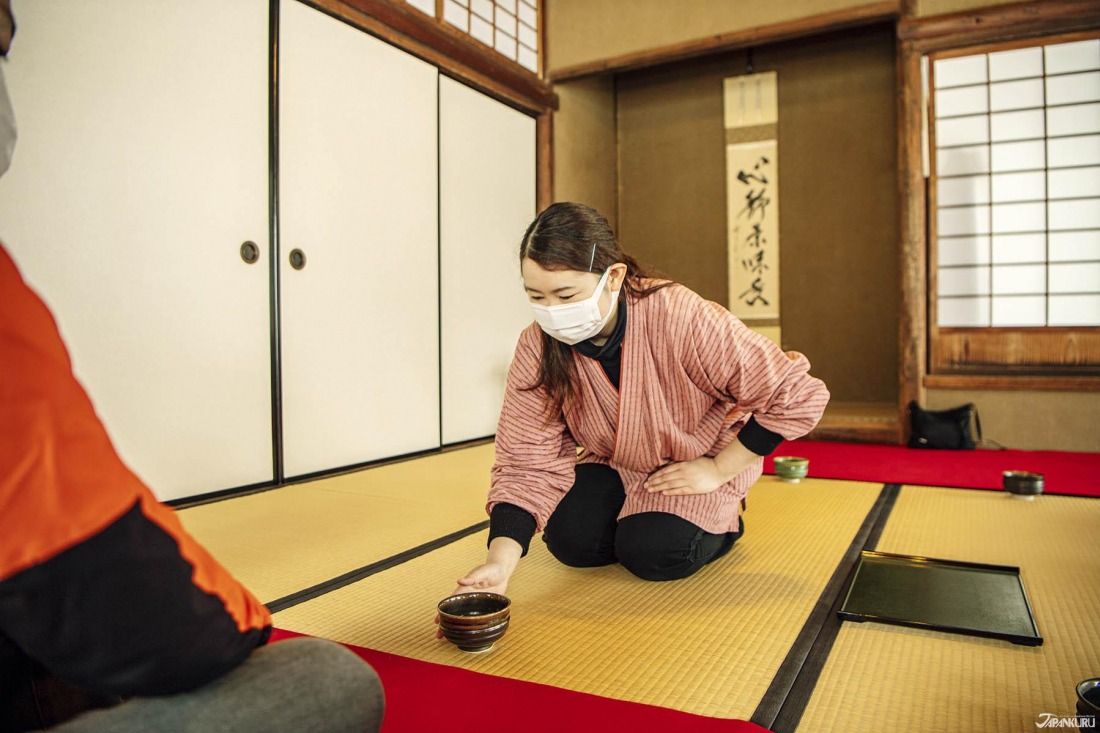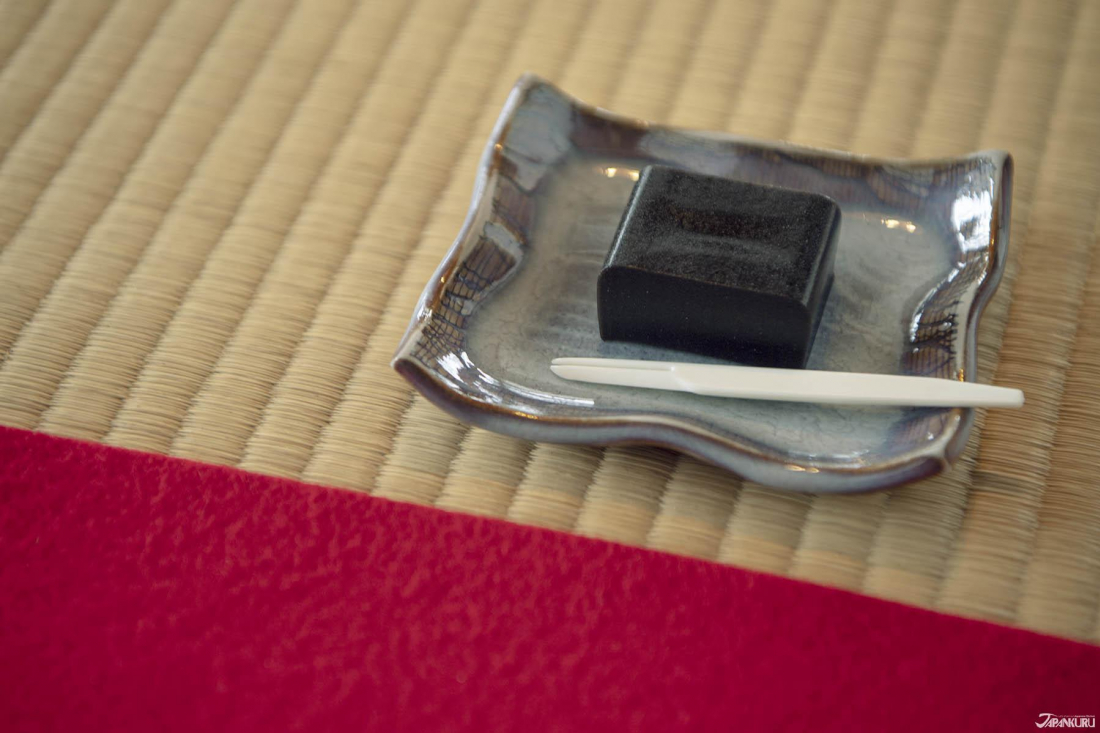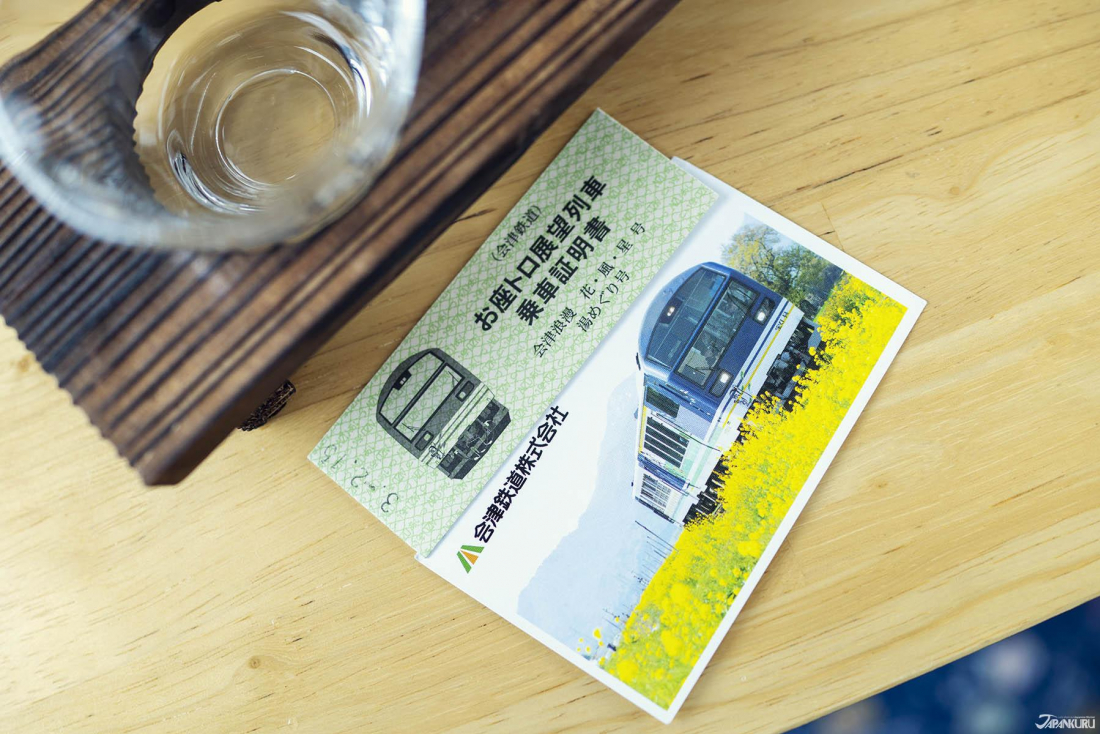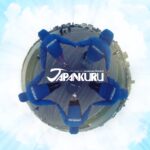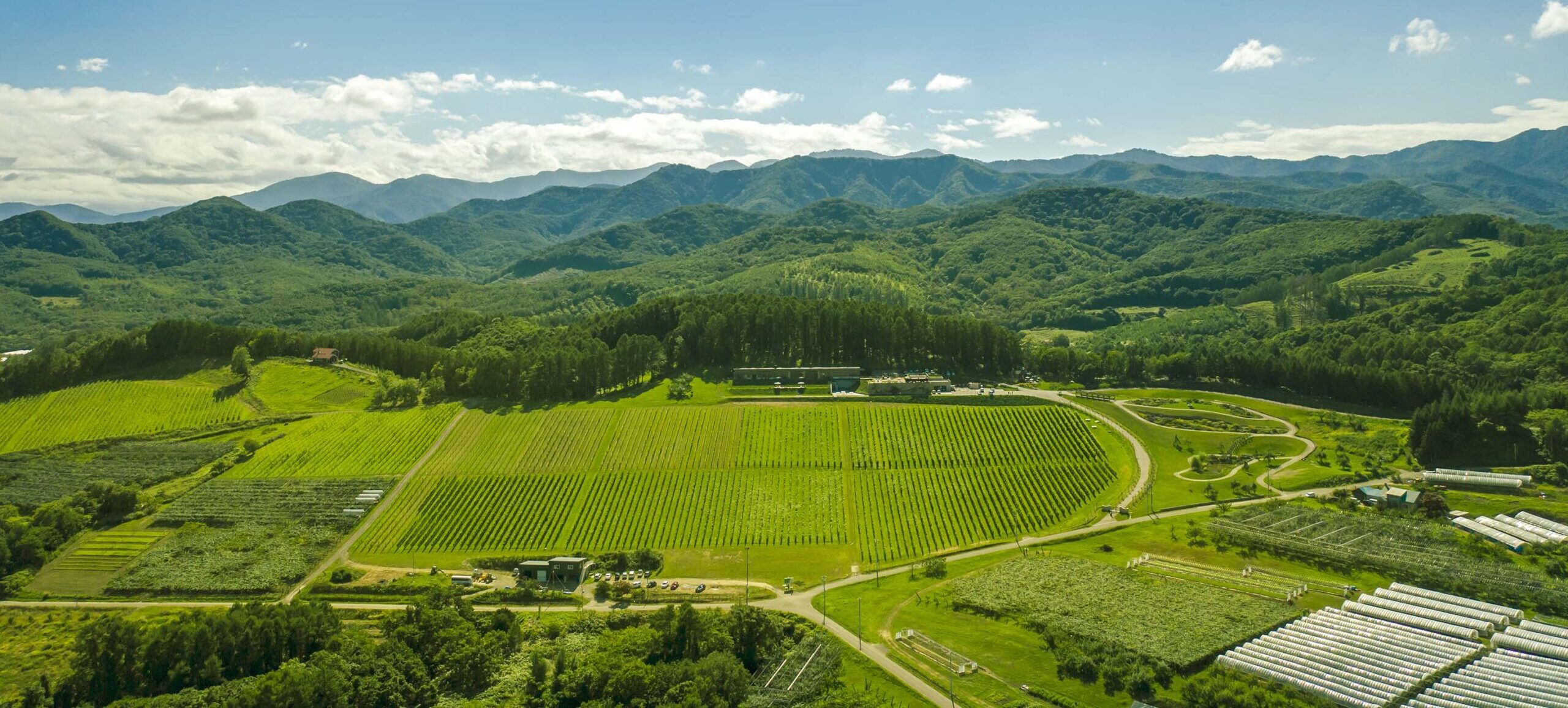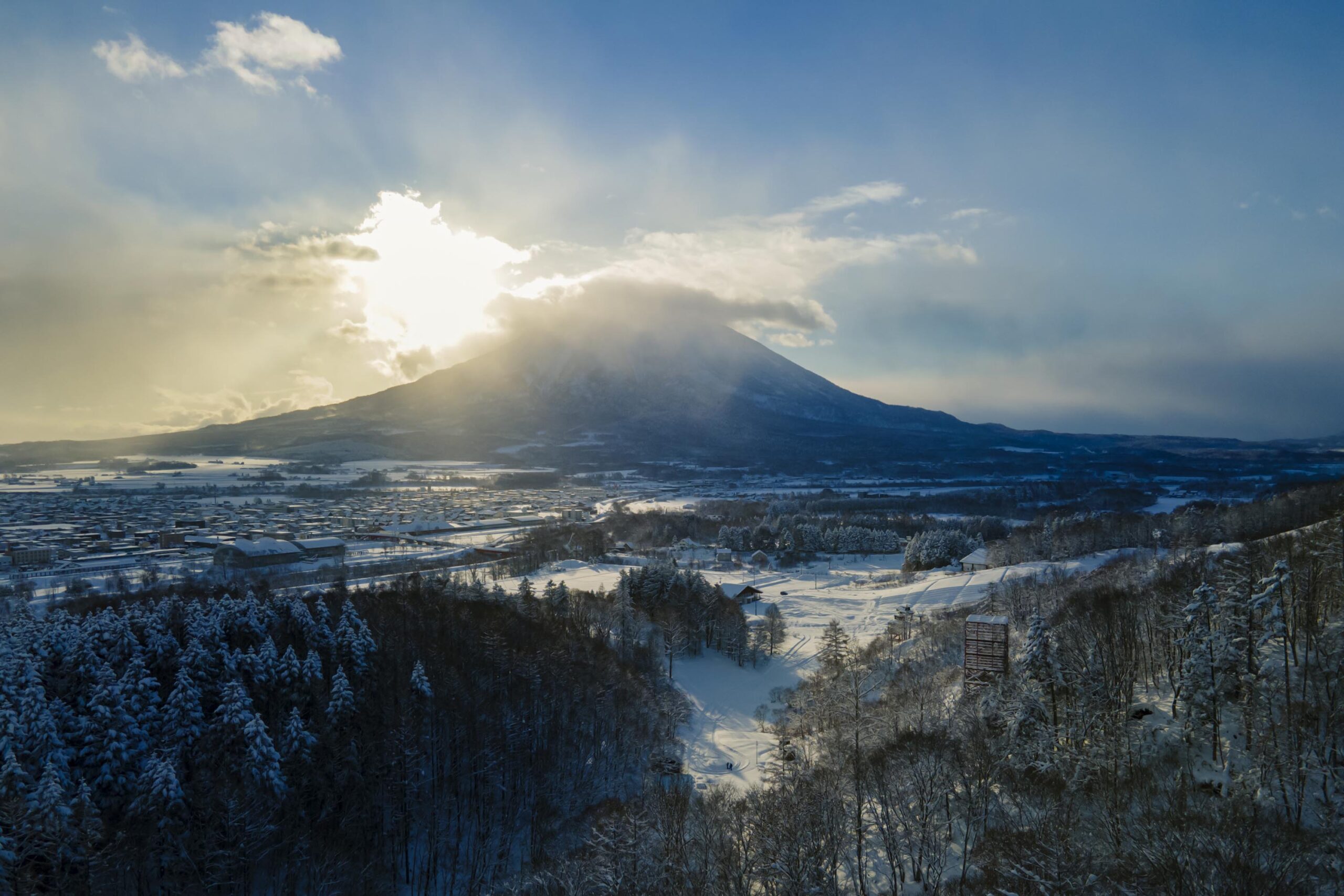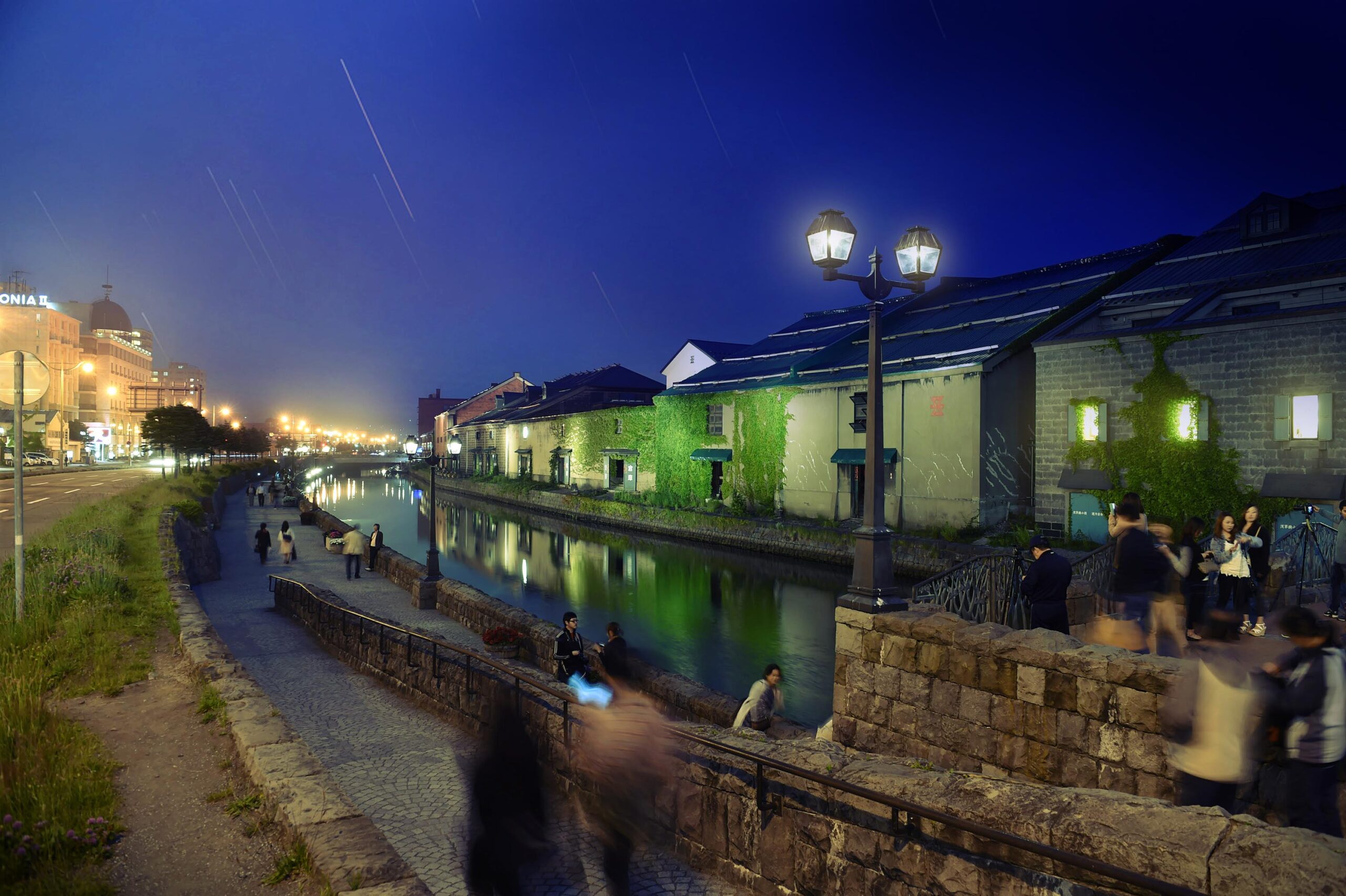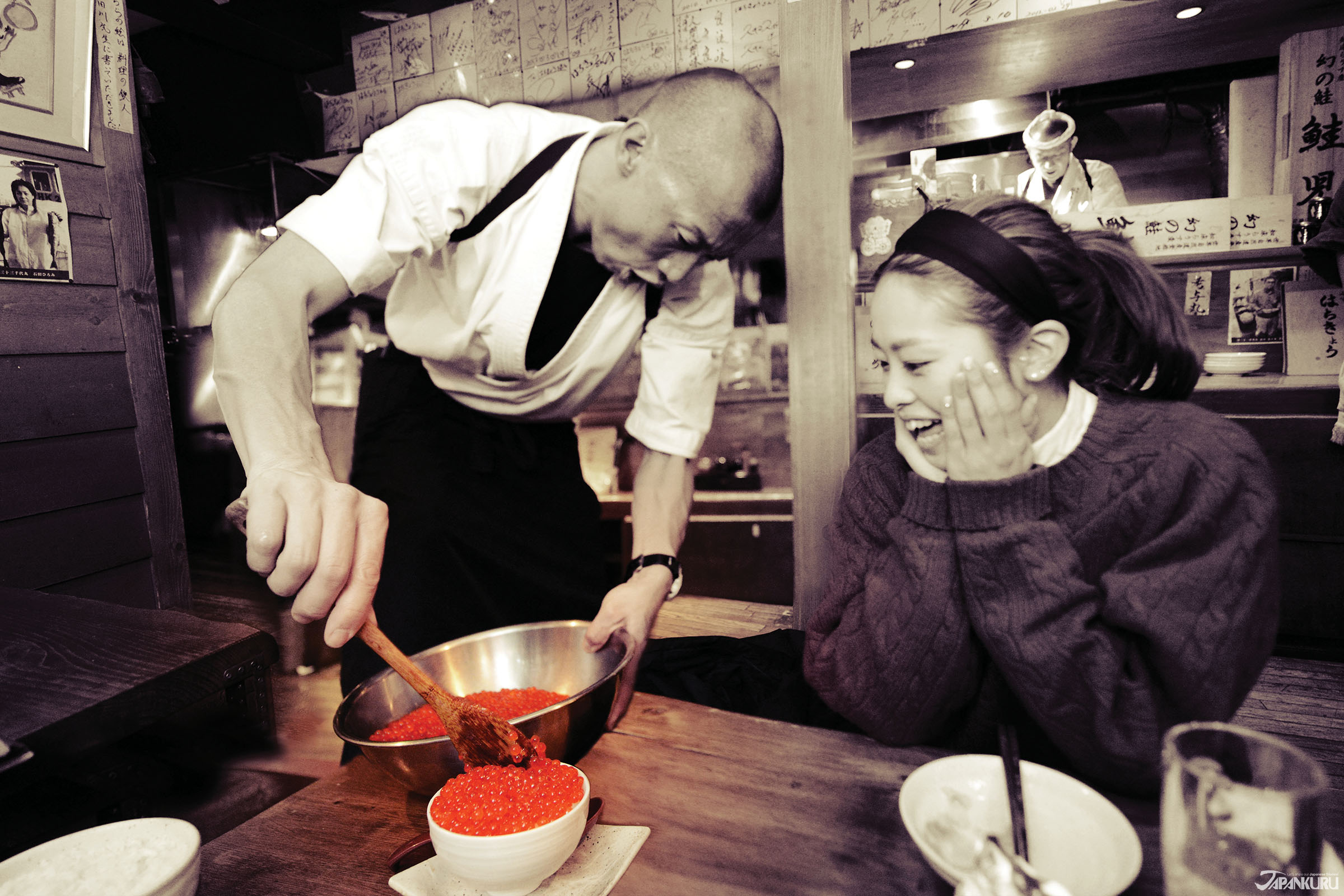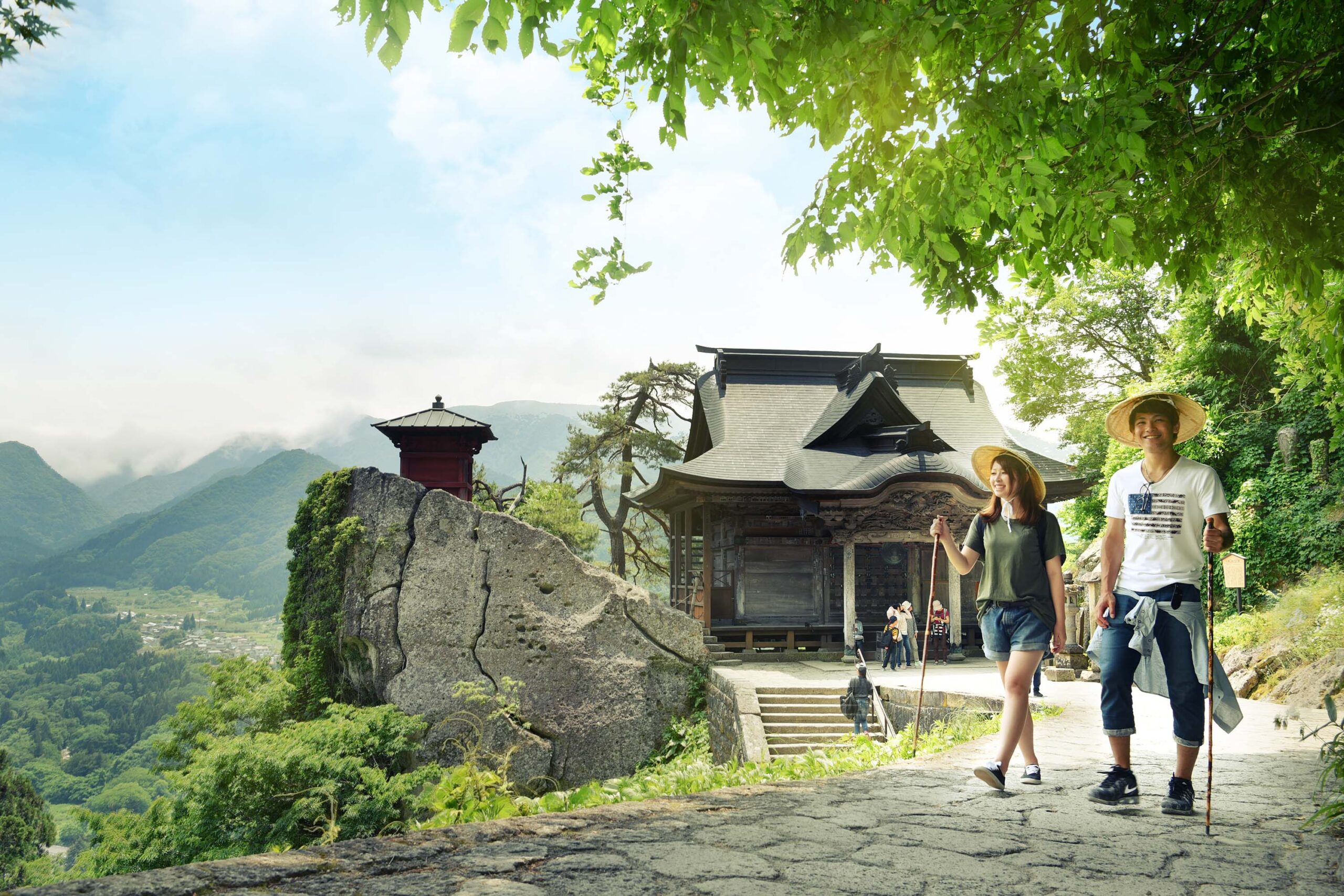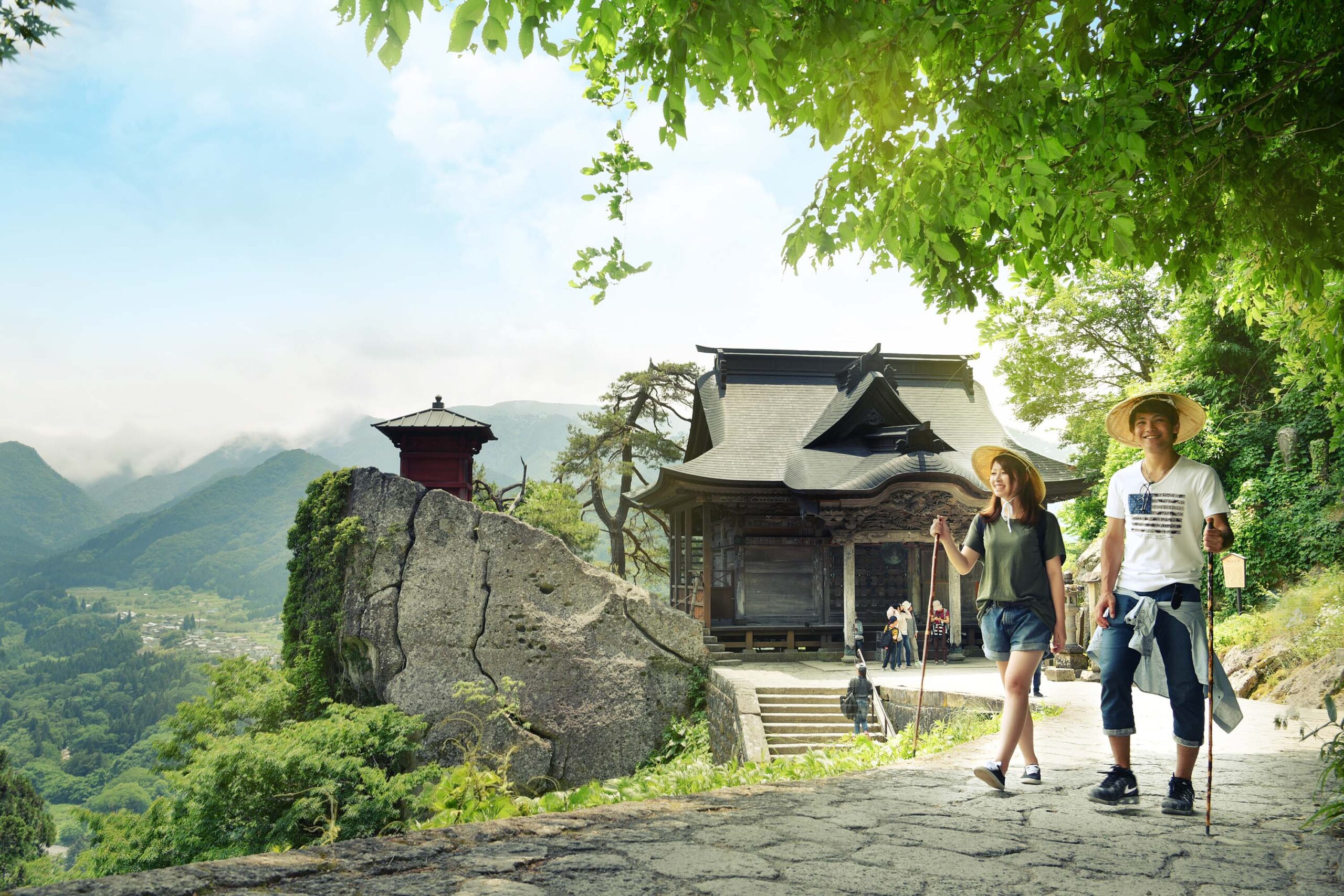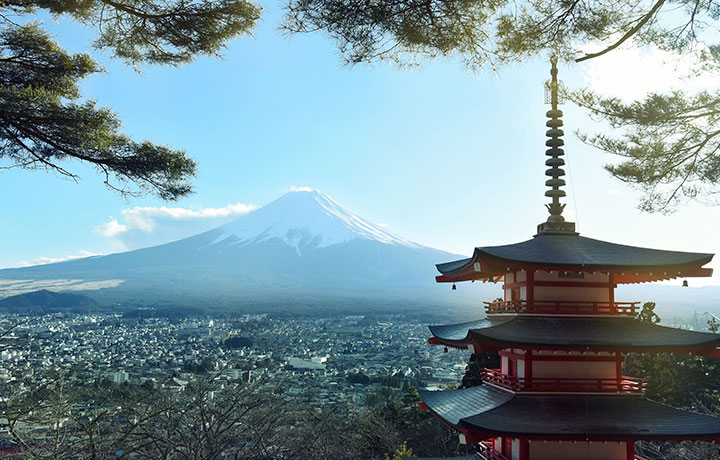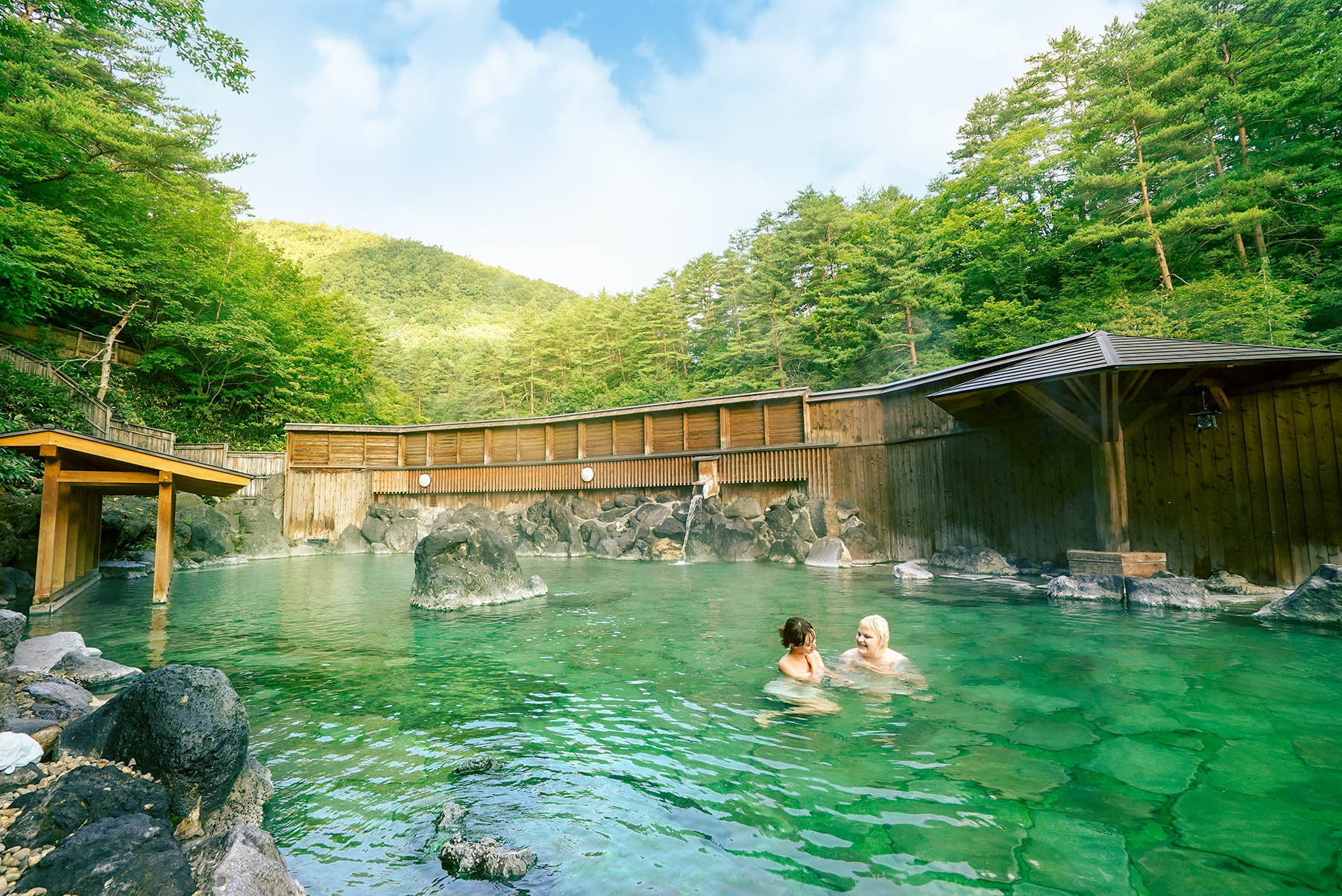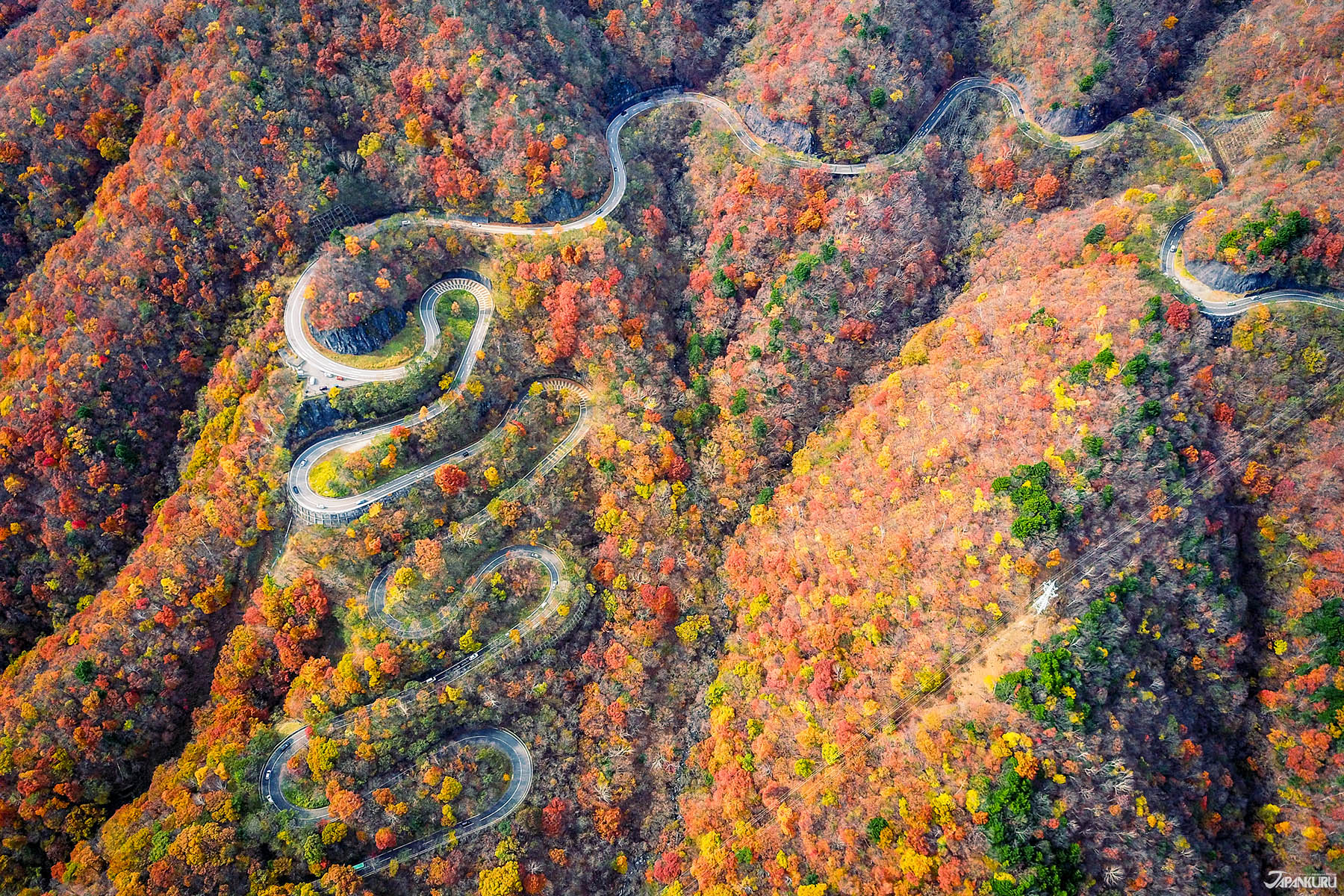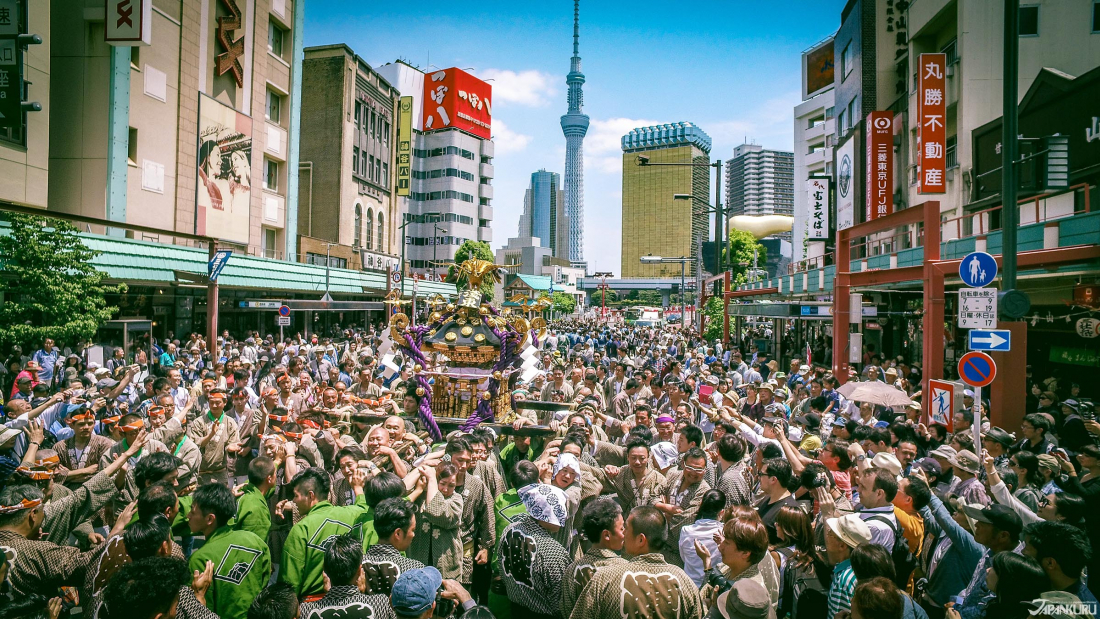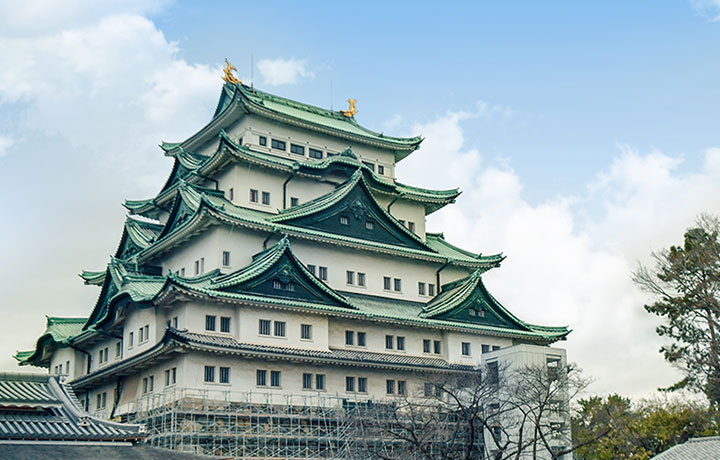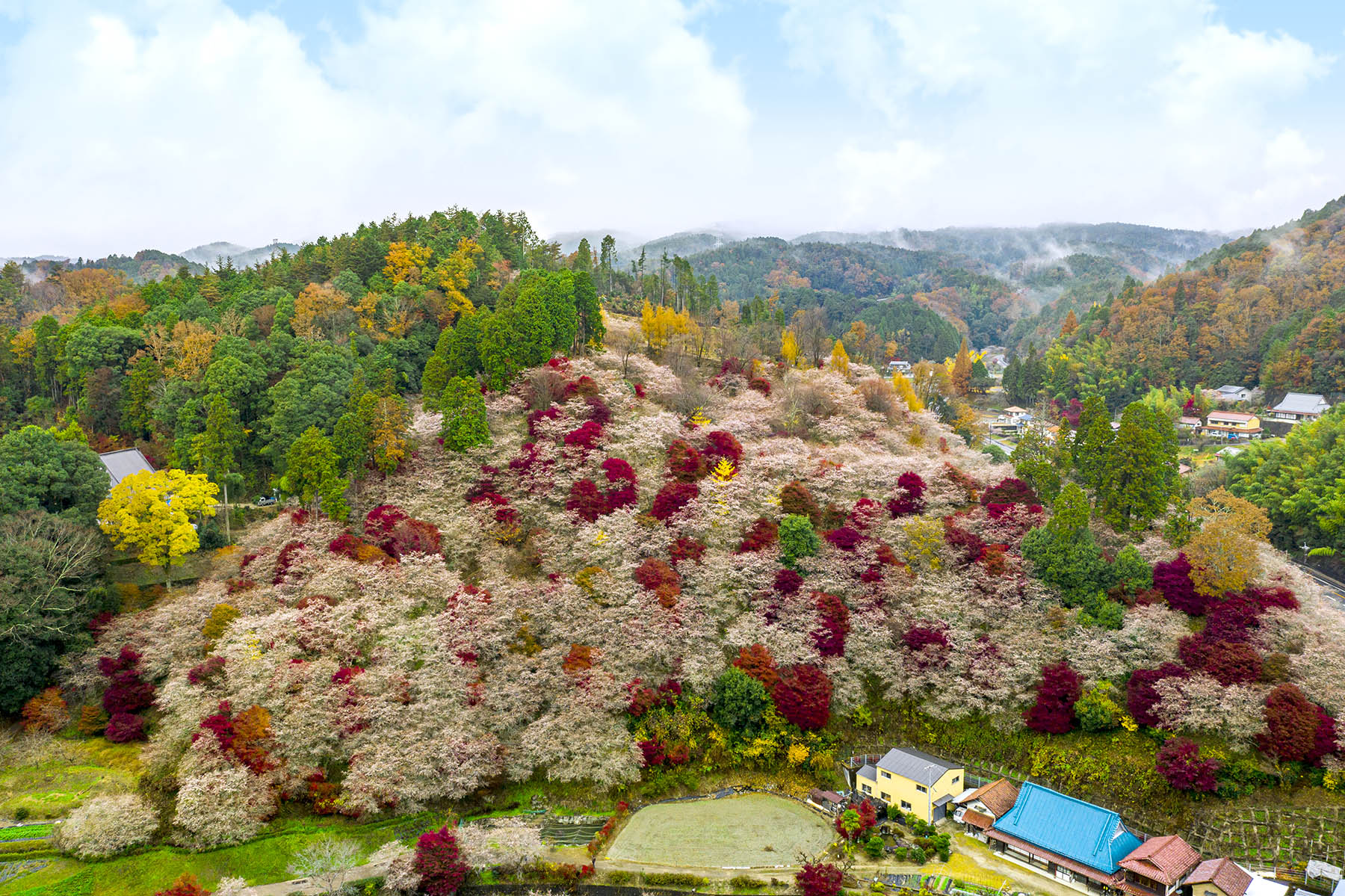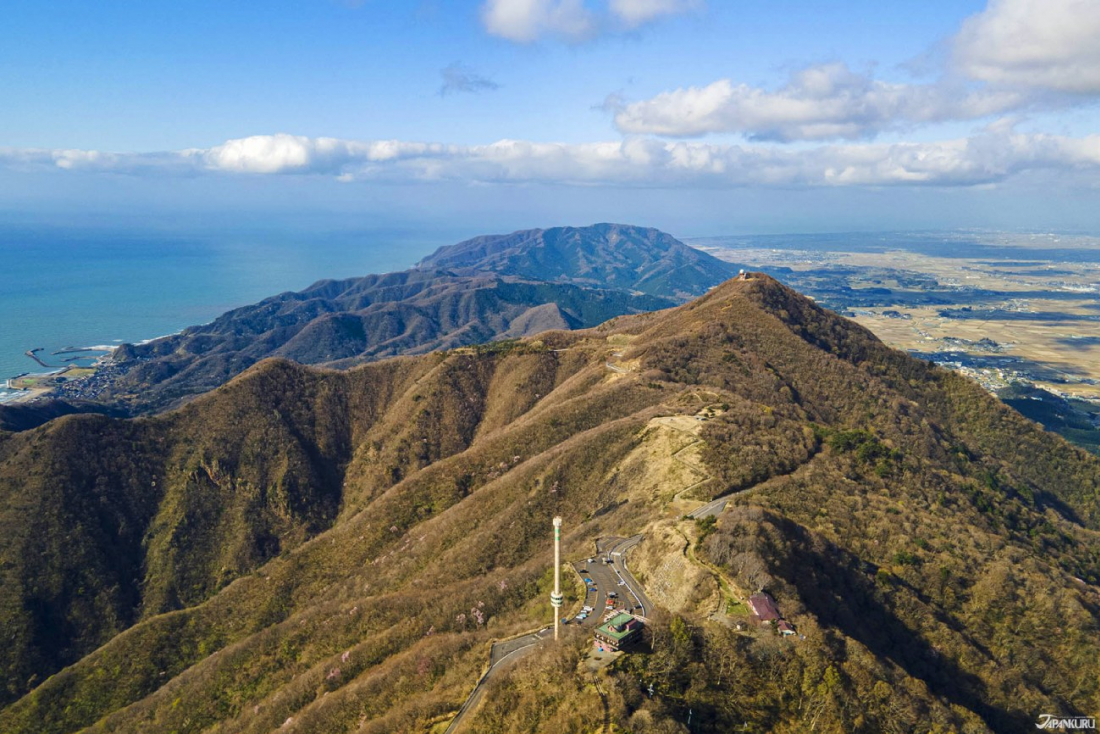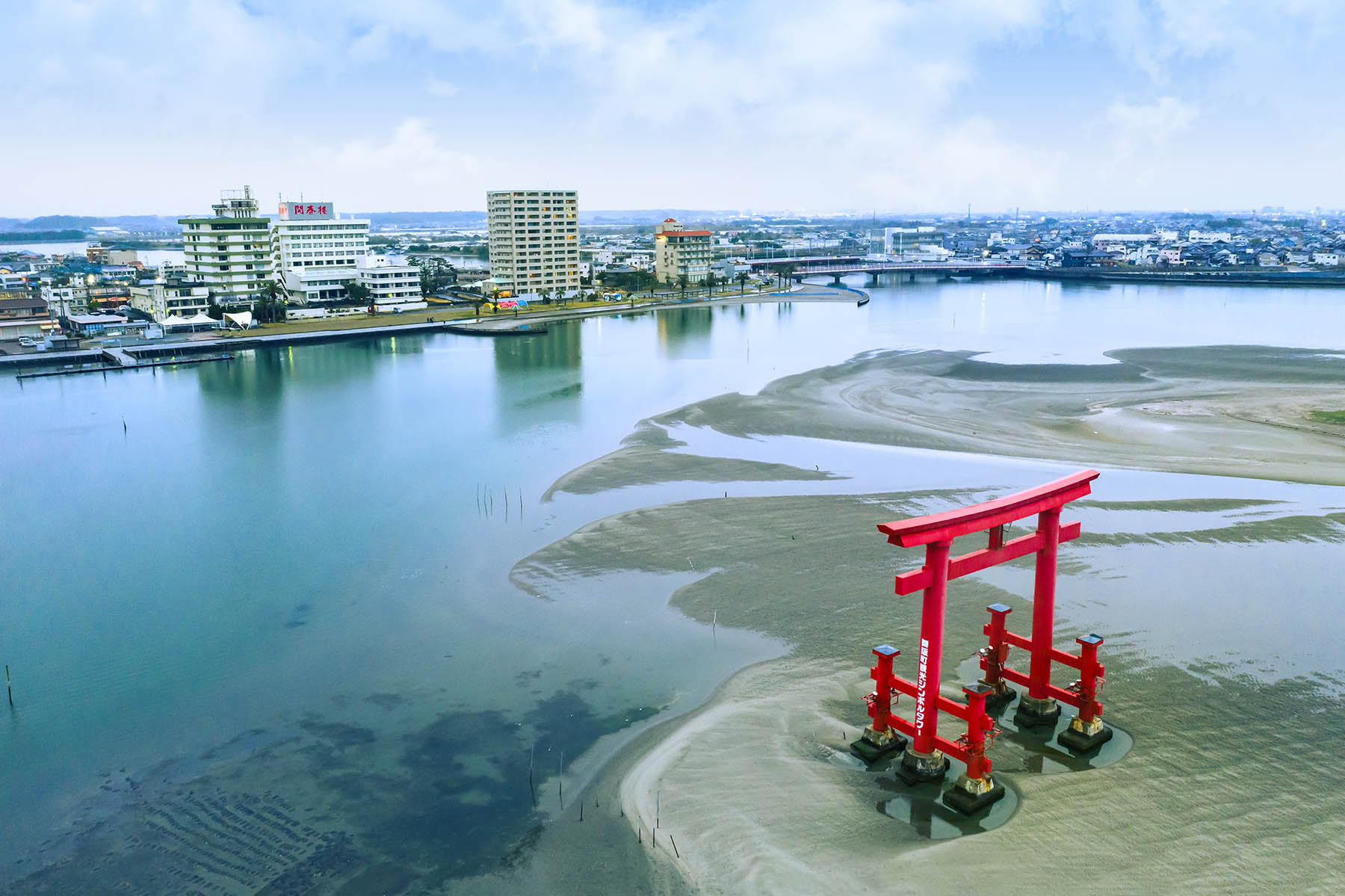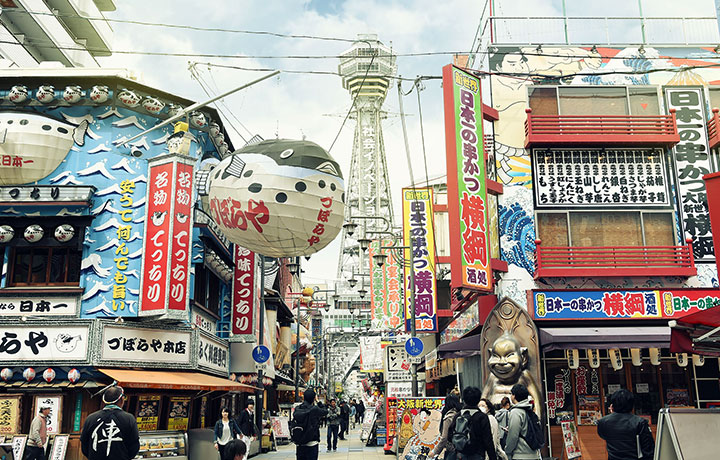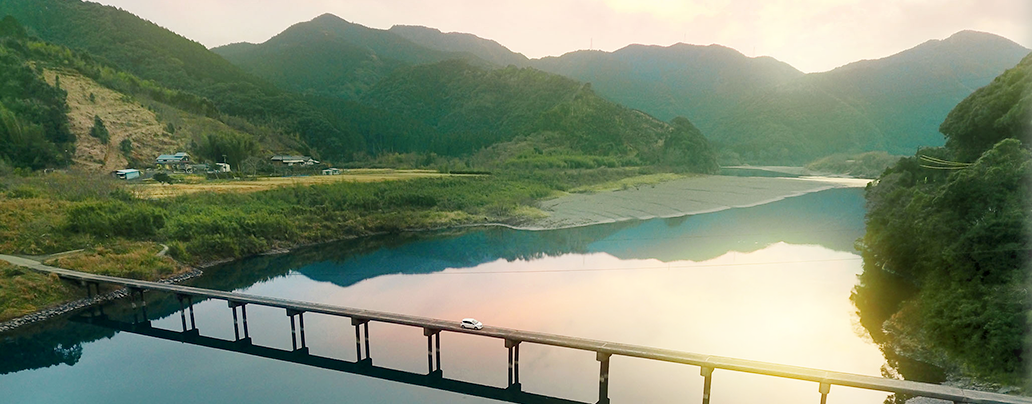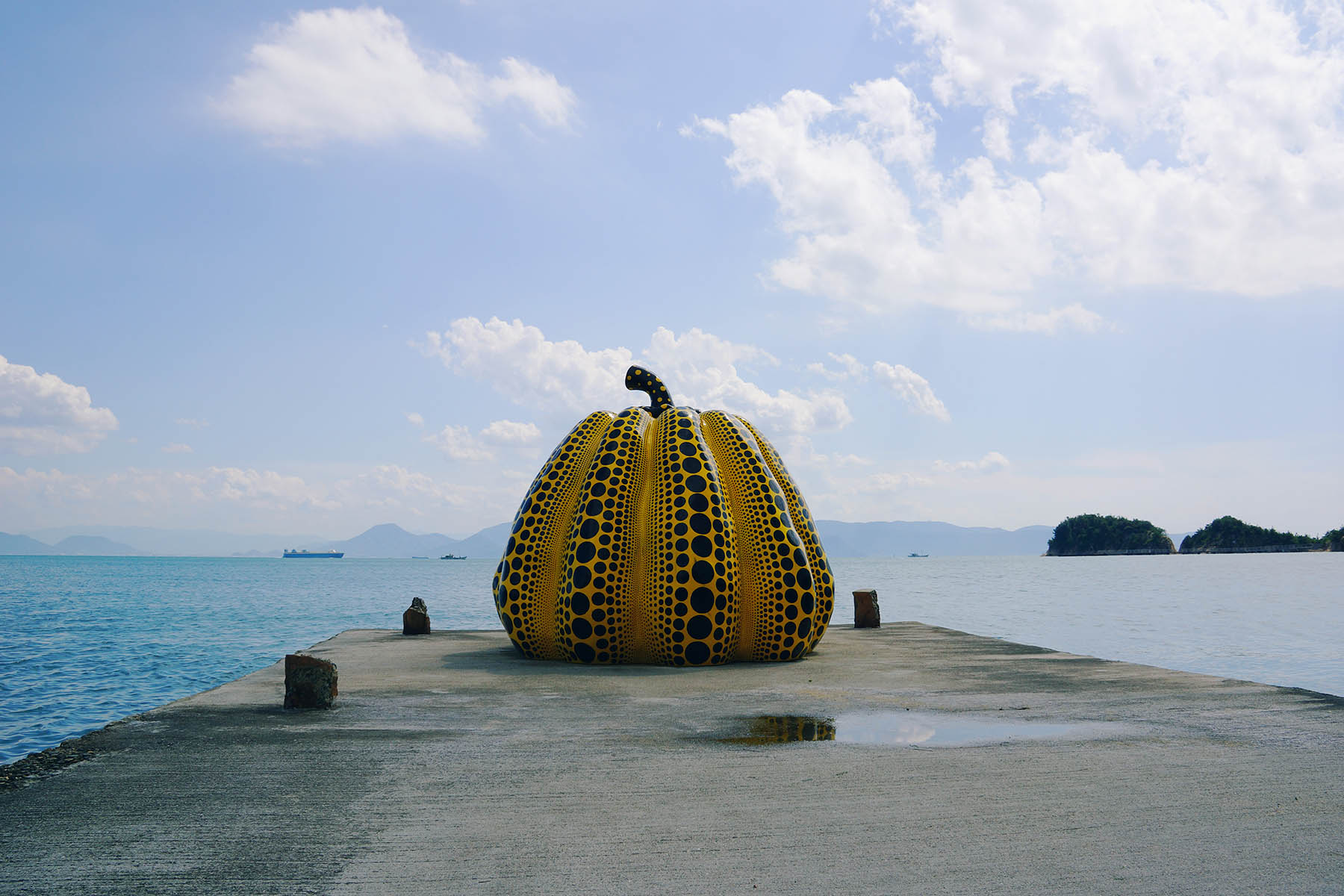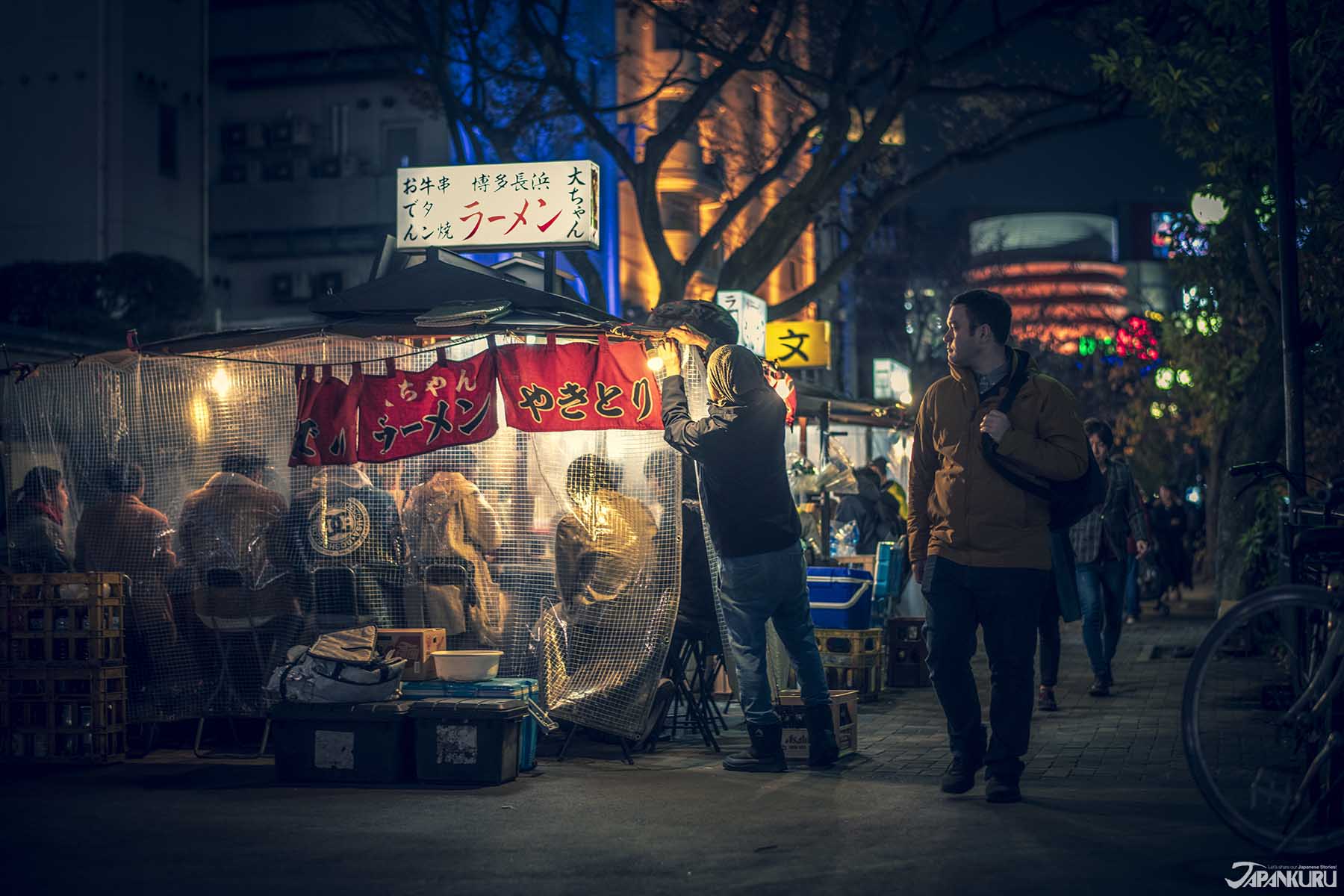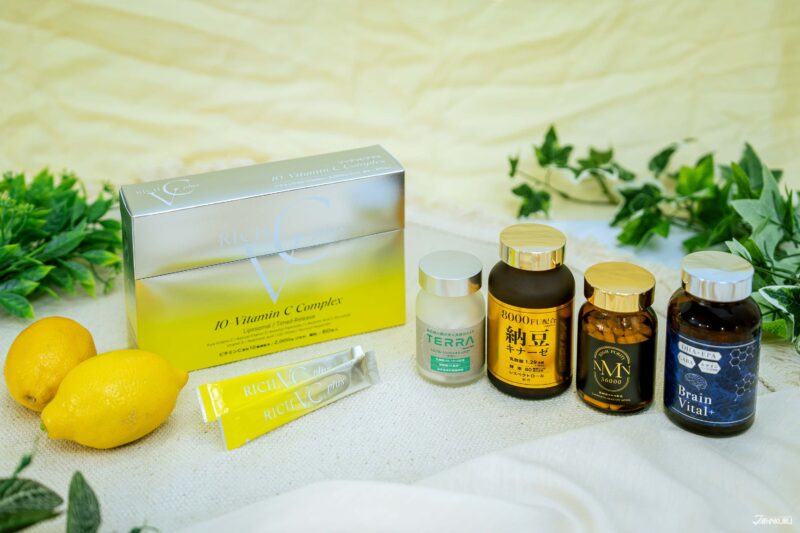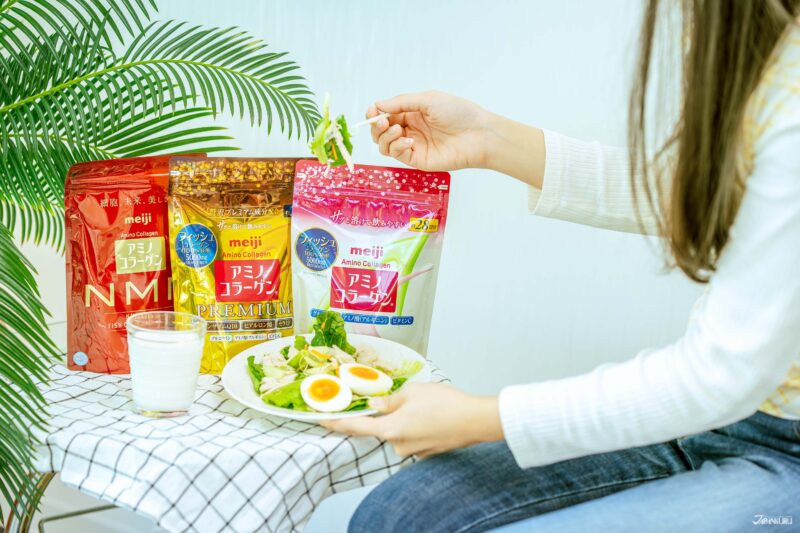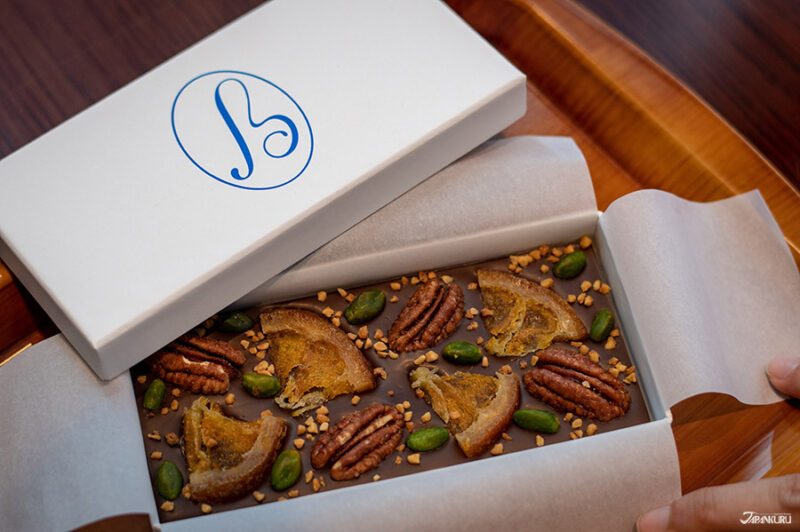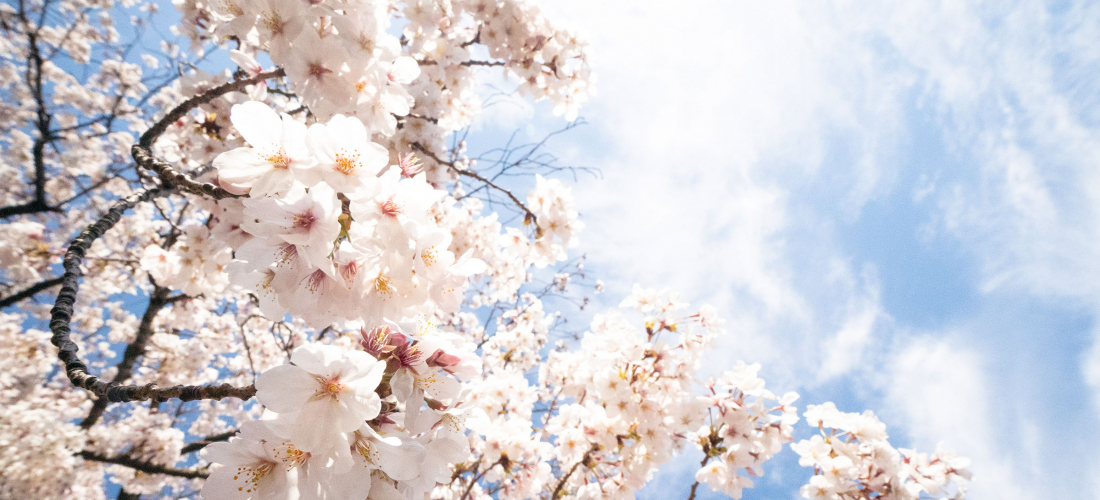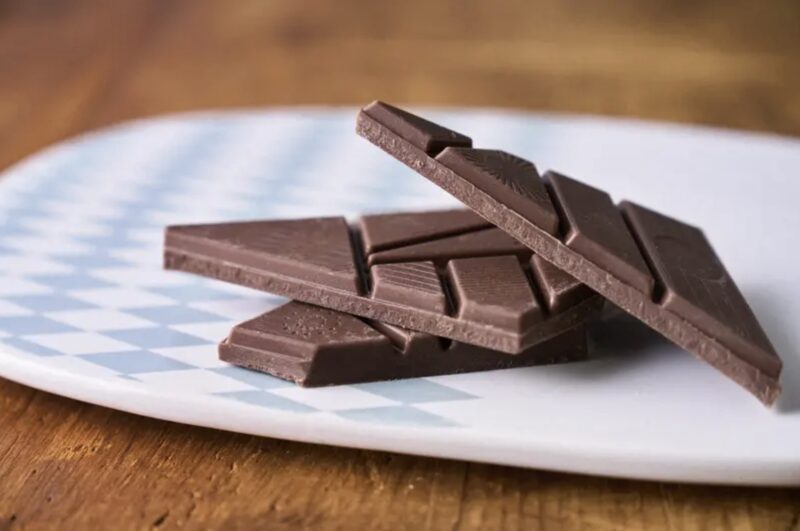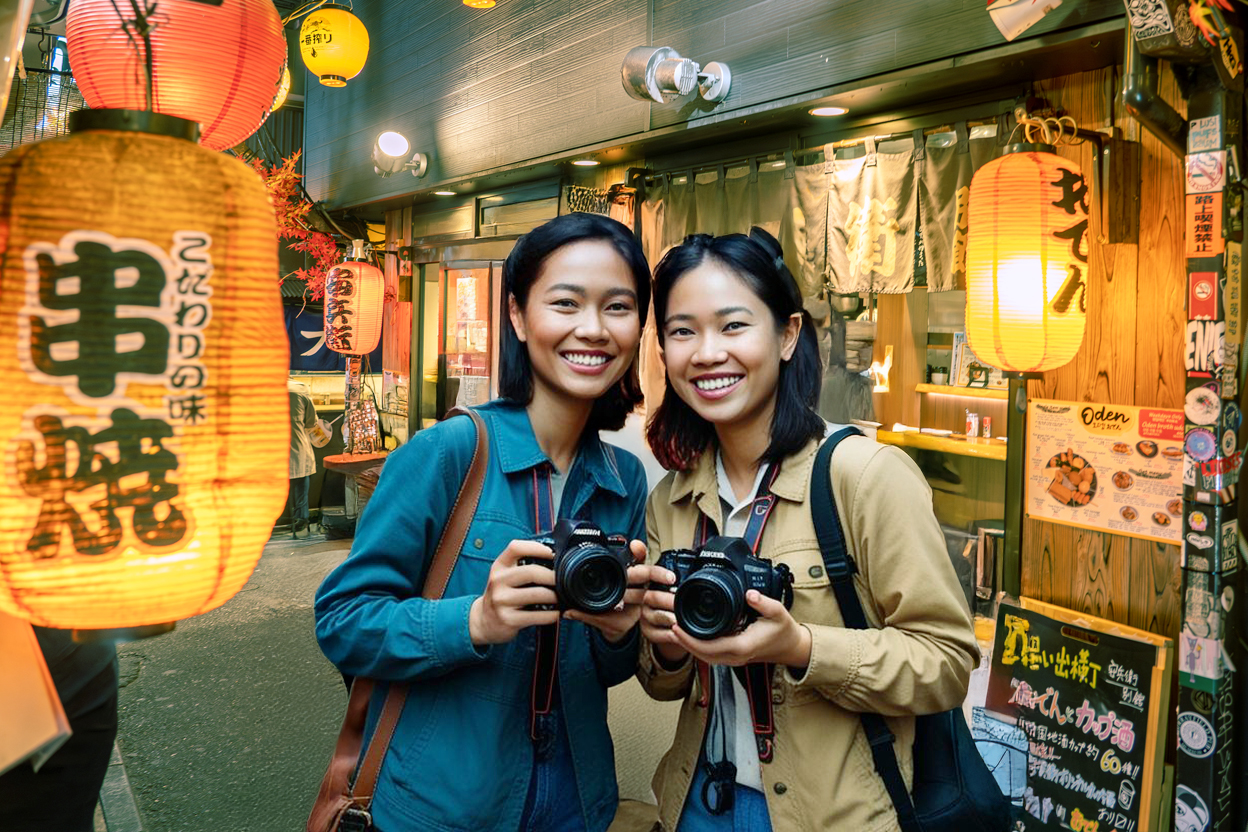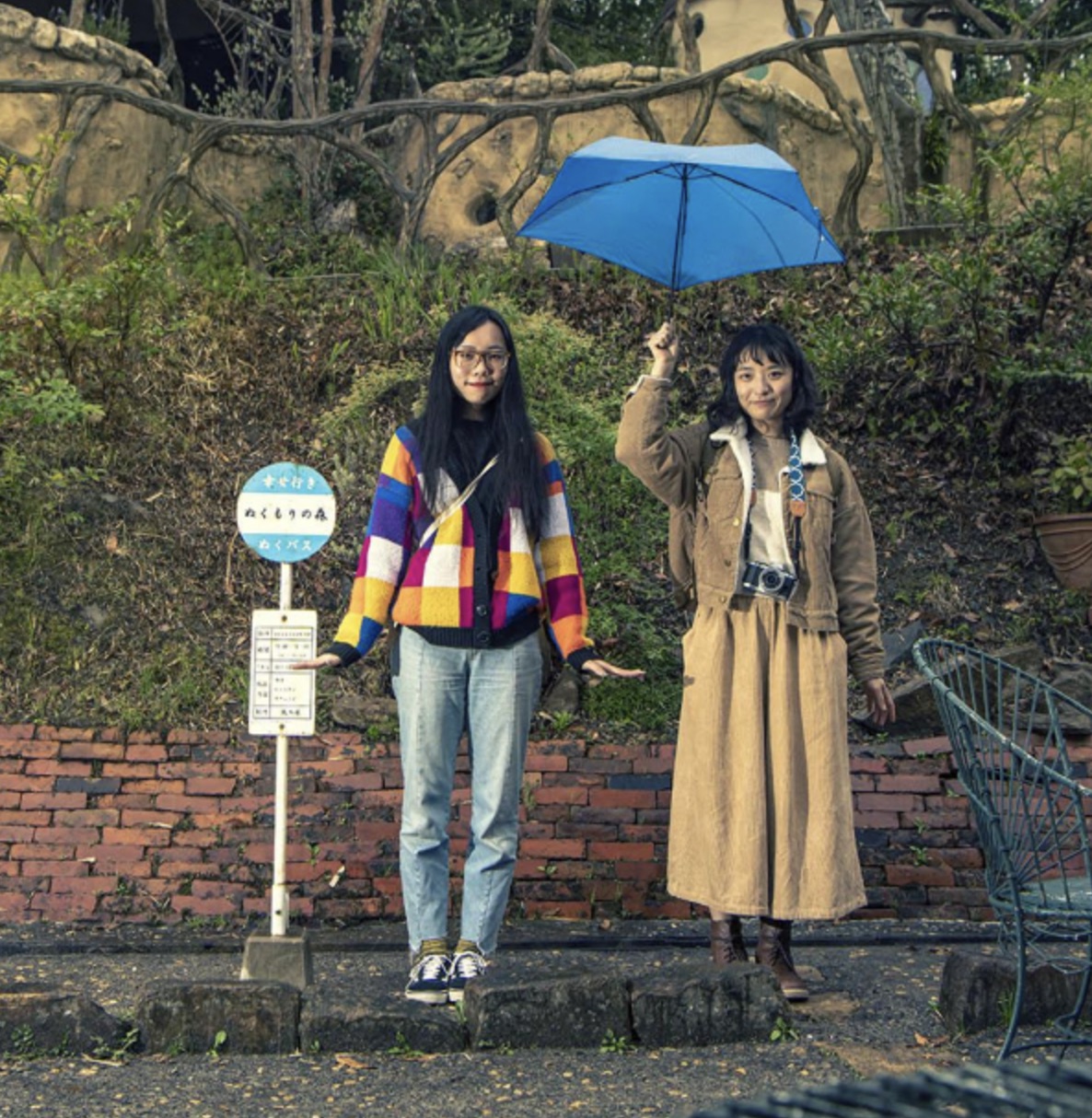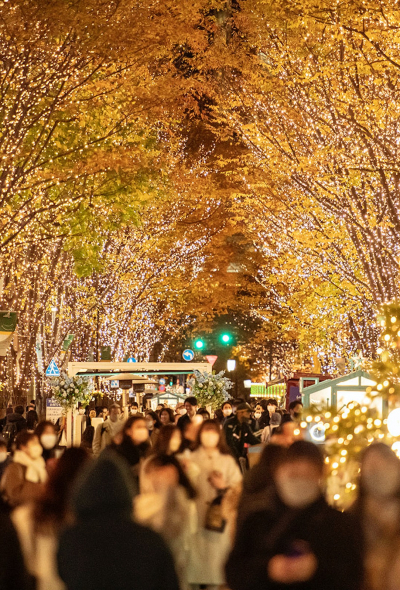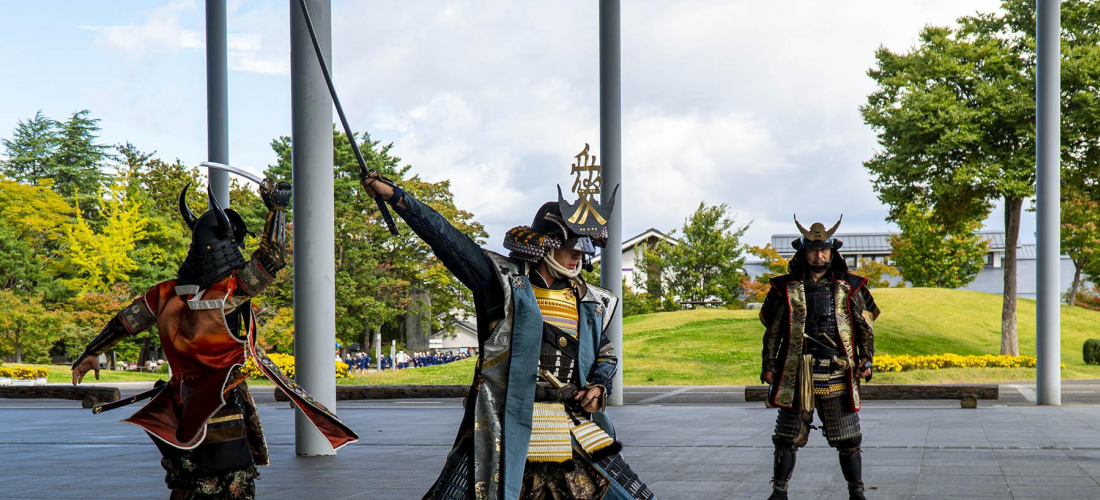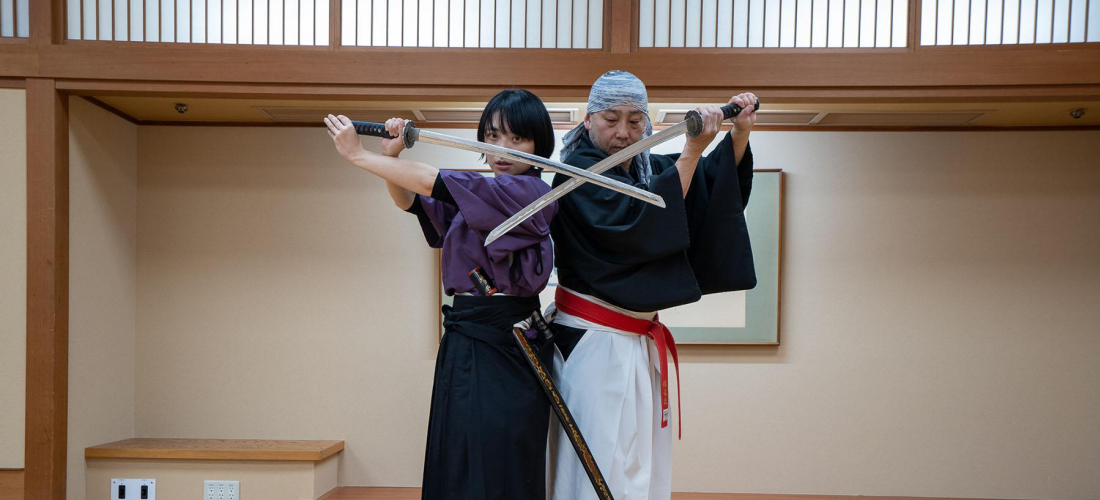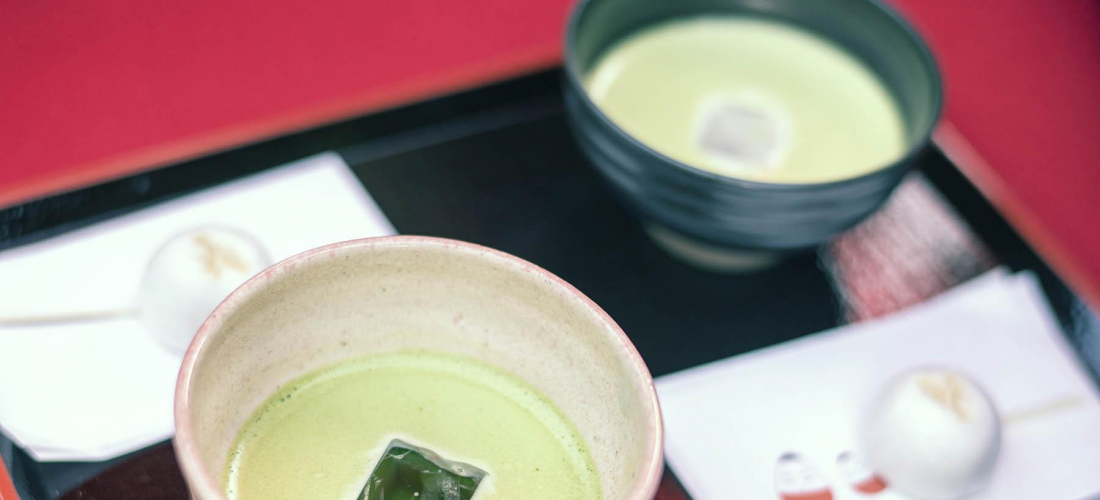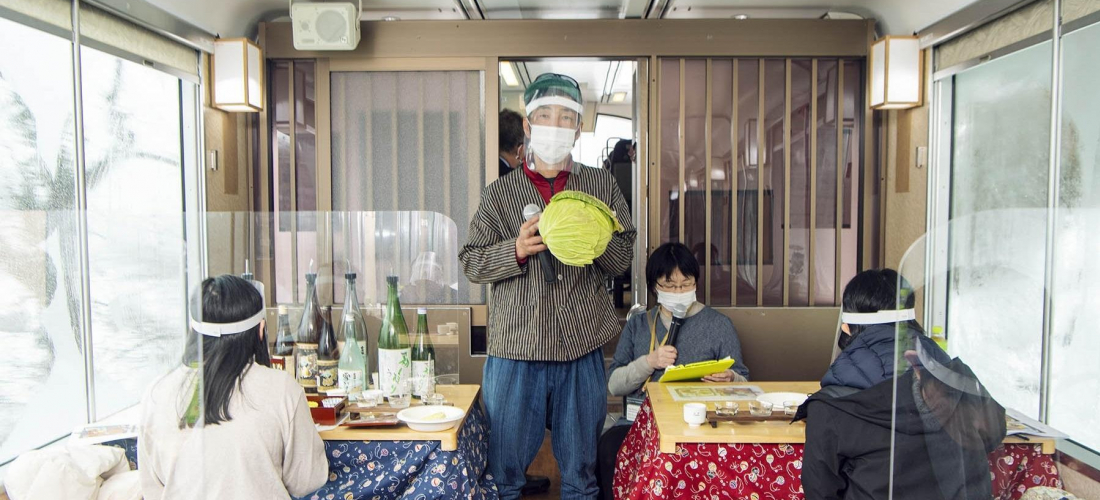
CONTENTS
With traditional Japanese culture from railway culinary experiences to custom tea blends and historic garden-side tea ceremonies, if you’ve never thought of visiting Aizu before, think again!
New Flavors and Unique Experiences in Aizuwakamatsu
The Aizu area of Fukushima has a long history of samurai and military power, alongside a rich culture including agriculture and sake brewing, all of which is still seen in the present-day city of Aizuwakamatsu via the castles and homes of feudal lords, and some flavorful food culture. On this trip to Aizu, the Japankuru team stopped in at three parts of the regionーAizuwakamatsu, Shimogo, and Minamiaizuーto find new and interesting ways of experiencing local culture to the fullest, from toasty-warm winter train rides to a garden made for tea lovers.
Aizu Gastronomy Train – Winter Edition
First stop: all aboard the Aizu Gastronomy Train, for a special railway experience on the Aizu Line! During the winter, instead of normal seats this special train car comes fitted with kotatsu (こたつ), heated tables made extra cozy with warm blankets. But this isn't just a cozy train ride, it's a gastronomy event, and travelers can grab lunch on the train while traveling across the Aizu area, and tasting some of the best "nihonshu" (日本酒) sake around.
Travelers board at Aizu-Tajima Station for a leisurely lunch and a tour of the Aizu Line.
While it's lovely to watch the northern Japanese countryside rush past the window, the real pleasure of this train trip is the many gourmet treats provided. Each passenger gets their own bento box full of local cuisine, arranged with the artful touch of Japanese fine dining. Among the treasures hidden in the bento box, you might find unique sushi made with Pacific herring and cabbage grown locally under huge piles of winter snow (giving the vegetable a unique sweetness), a local variety of Aizu chicken cooked in a tangy sweet and sour sauce, or zunda mochi (ずんだ餅), rice cakes covered in a delicately sweet edamame coating.
The meal is accompanied by a handful of sake varieties, each made by a different local Aizu brewery, and as the meal goes on, each sake is recommended as a pairing for one or another of the foods tucked into the bento boxーthe combination of flavors bringing out different aromas and tastes for the foods and brews alike.
Thanks to the train's friendly local translator, throughout the ride a steady stream of information flows about the food, the sake, and the world outside the window. When the Japankuru team went for lunch, the trip even included a little talk from the farmer who grows that cabbage deep under the snow!
While you eat, keep an ear out for the announcements that come when passing over a particularly beautiful river, or when the train makes a brief stop at Ashinomaki-Onsen Station, where you might just see a glimpse of the local station master and his assistantsーa team of fluffy, adorable cats!
Aizu Gastronomy Train (Winter)
Aizu-Tajima Station to Aizuwakamatsu Station
Aizu Railway Official Website (jp)
Tea Time at Oyakuen
The final stop on the Aizu Gastronomy Train is Aizu-Wakamatsu Station, where you can disembark and explore this historic castle town with a full stomach. Tsuruga-jo, or Aizuwakamatsu Castle, was the seat of power for the whole region during Japan's days of samurai and feudal lords, and the setting for many historic military confrontations. But the garden of Oyakuen (御薬園), just 20 minutes away on foot, was a tranquil escape for the lord of the Aizu Domain, with a second home and peaceful gardens.
Oyakuen isn't just a pretty garden built around a daimyo's summer home, although that's certainly part of it. One whole half of Oyakuen is devoted to landscaping that's a little less glamorous and a lot more practical: a garden of traditional medicinal plants, each variety used for hundreds of years to treat aches, pains, and whatever else they could manage. Originally inspired by traditional Chinese medicine, Japanese "kampo" (漢方) medicine uses a variety of natural remedies, and in the 17th century Oyakuen Garden was added to the original 15th-century leisure garden, as a new place to grow the kampo plants for use treating local residents. To this day, the historic buildings of the daimyo's residence and his elegant gardens are joined with the neighboring medicinal plant field.
Turn Japanese Kampo Herbal Remedies Into a Personalized Tea Blend
Are you a tea fanatic? Oyakuen is worth a visit even if all you do is take a loop around the gardens (they say that May is a great time to see the medicinal plants), but the facilities also hold workshops that visitors can participate in, like a personalized kampo tea blending class.
Led by a local kampo expert, participants in this unique workshop get to see and smell well over a dozen different ingredients used as traditional herbal remedies in Japan, before using them to brew up a personalized tea, all while learning about the history of Japanese kampo medicine and why it still thrives in Aizuwakamatsu. You won't find a class like this anywhere else!
Each plant has its own traditional usesーbits of wood from the Japanese angelica tree are said to be good for high blood sugar among other complaints, and ginger not only adds a bit of spice to any tea blend, it's also said to warm you up from the inside out. Tea ingredients are mostly chosen for their effects, but they each impart unique flavors as well. If you want to add a pile of oolong tea leaves to your blend for a more familiar tea flavor, there's nothing stopping you! And if you look at the spread of different ingredients and don't know where to start, the workshop leader is always ready to swoop in with some expert advice on what might make the perfect tea blend for you.
Part of the fun of the workshop is preparing the ingredients before brewing any tea! Participants can use a traditional "yagen" (薬研) to crush the ingredients with a heavy wheel and release all the goodness inside, just like kampo experts have been doing for centuries.
The final preparation step is a quick toasting in a hot pan, and finally your own custom kampo tea is ready to be brewed!
The class finishes with each participant dividing their prepared ingredients into two little teabags, and enjoying a pot of their very own new tea blend with some traditional sweets. Whether the traditional medicinal ingredients work any magic on your aches and pains is up to you to decide, but either way, just about every mix turns into a lovely soothing infusion, and a satisfying way to end the workshop. The second tea bag is for participants to take home, and enjoy some other day when a kampo-style pick-me-up is in order!
A Garden-Side Tea Ceremony Fit for a King (Or a Feudal Lord)
The second tea experience at Oyakuen is held on the other side of the gardens, in the area once reserved exclusively for the use of the Aizu Domain's daimyo (大名), a feudal lord. Next to the majestically landscaped grounds, looking out onto the water, you'll find a traditional house that has been preserved for centuries. It once served as the local lord's second homeーa peaceful escape, ideal for relaxation or receiving high-class guests.
The scars of history are still visible in the wood of the building itself, like this deep cut where a sword once chopped into the column. During wartimes, this house was turned into a hospital, saving it from destruction through to today.
Modern-day visitors get to enjoy this special tea room just like the daimyo would have in his day, though, with a peaceful Japanese tea ceremony. With a whole wall of the room looking out onto the gardenーa view only the lord and his guests would have enjoyedーyou can now learn and take part in the traditions of Urasenke tea ceremony (裏千家), one of the major schools of the art.
The soothing voice of Oyakuen's tea ceremony expert guides you through the process, as you learn to bow and give thanks for your tea, sip up the last drops of matcha, and admire the elegant tea bowls themselves.
Of course no lordly tea time would be complete without a little snackーin this case, the sweets come before the tea! As we pretended to rule all of Aizu and looked out on our beautiful gardens, the Japankuru team got to snack on delicious black sesame yokan (羊羹).
Kampo Tea Workshop & Tea Ceremony at Oyakuen Garden (御薬園)
8-1 Hanaharumachi, Aizuwakamatsu, Fukushima
Oyakuen Official Page (jp) / Oyakuen Official Facebook (jp)
Aizuwakamatsu
Aizuwakamatsu is full of fun experiences. Depart from Aizu-Tajima Station for a unique trip on a local Japanese railway and bento lunches packed full of local cuisine and sake. Then head off from Aizu-Wakamatsu Station to beautiful gardens where you can dive deep into Japan's many teatime traditions of green tea and herbal infusions! On your next trip to Japan, don't forget to turn north and make a stop in the Aizu area! But for now, keep an eye out for more on our trip to Aizu, coming soon.
For more info and updates from Japan, check Japankuru for new articles, and don't forget to follow us on twitter, instagram, and facebook!
▶︎ Interested in making a reservation for one of these experiences? Look for them coming soon on Beauty of Japan.
Details
NAME:Aizuwakamatsu, Aizu Region, Fukushima
ACCESS:Aizuwakamatsu Station
COMMENT
FEATURED MEDIA
VIEW MORE 
A New Tokyo Animal Destination: Relax & Learn About the World’s Animals in Japan
#pr #japankuru #anitouch #anitouchtokyodome #capybara #capybaracafe #animalcafe #tokyotrip #japantrip #카피바라 #애니터치 #아이와가볼만한곳 #도쿄여행 #가족여행 #東京旅遊 #東京親子景點 #日本動物互動體驗 #水豚泡澡 #東京巨蛋城 #เที่ยวญี่ปุ่น2025 #ที่เที่ยวครอบครัว #สวนสัตว์ในร่ม #TokyoDomeCity #anitouchtokyodome

Shohei Ohtani Collab Developed Products & Other Japanese Drugstore Recommendations From Kowa
#pr #japankuru
#kowa #syncronkowa #japanshopping #preworkout #postworkout #tokyoshopping #japantrip #일본쇼핑 #일본이온음료 #오타니 #오타니쇼헤이 #코와 #興和 #日本必買 #日本旅遊 #運動補充能量 #運動飲品 #ช้อปปิ้งญี่ปุ่น #เครื่องดื่มออกกำลังกาย #นักกีฬา #ผลิตภัณฑ์ญี่ปุ่น #อาหารเสริมญี่ปุ่น

도쿄 근교 당일치기 여행 추천! 작은 에도라 불리는 ‘가와고에’
세이부 ‘가와고에 패스(디지털)’ 하나면 편리하게 이동 + 가성비까지 완벽하게! 필름카메라 감성 가득한 레트로 거리 길거리 먹방부터 귀여움 끝판왕 핫플&포토 스폿까지 총집합!
Looking for day trips from Tokyo? Try Kawagoe, AKA Little Edo!
Use the SEIBU KAWAGOE PASS (Digital) for easy, affordable transportation!
Check out the historic streets of Kawagoe for some great street food and plenty of picturesque retro photo ops.
#pr #japankuru #도쿄근교여행 #가와고에 #가와고에패스 #세이부패스 #기모노체험 #가와고에여행 #도쿄여행코스 #도쿄근교당일치기 #세이부가와고에패스
#tokyotrip #kawagoe #tokyodaytrip #seibukawagoepass #kimono #japantrip

Hirakata Park, Osaka: Enjoy the Classic Japanese Theme Park Experience!
#pr #japankuru #hirakatapark #amusementpark #japantrip #osakatrip #familytrip #rollercoaster #retrôvibes #枚方公園 #大阪旅遊 #關西私房景點 #日本親子旅行 #日本遊樂園 #木造雲霄飛車 #히라카타파크 #สวนสนุกฮิราคาตะพาร์ค

🍵Love Matcha? Upgrade Your Matcha Experience With Tsujiri!
・160년 전통 일본 말차 브랜드 츠지리에서 말차 덕후들이 픽한 인기템만 골라봤어요
・抹茶控的天堂!甜點、餅乾、飲品一次滿足,連伴手禮都幫你列好清單了
・ส่องมัทฉะสุดฮิต พร้อมพาเที่ยวร้านดังในอุจิ เกียวโต
#pr #japankuru #matcha #matchalover #uji #kyoto #japantrip #ujimatcha #matchalatte #matchasweets #tsujiri #말차 #말차덕후 #츠지리 #교토여행 #말차라떼 #辻利抹茶 #抹茶控 #日本抹茶 #宇治 #宇治抹茶 #日本伴手禮 #抹茶拿鐵 #抹茶甜點 #มัทฉะ #ของฝากญี่ปุ่น #ชาเขียวญี่ปุ่น #ซึจิริ #เกียวโต

・What Is Nenaito? And How Does This Sleep Care Supplement Work?
・你的睡眠保健品——認識「睡眠茶氨酸錠」
・수면 케어 서플리먼트 ‘네나이토’란?
・ผลิตภัณฑ์เสริมอาหารดูแลการนอน “Nenaito(ネナイト)” คืออะไร?
#pr #japankuru #sleepcare #japanshopping #nenaito #sleepsupplement #asahi #睡眠茶氨酸錠 #睡眠保健 #朝日 #l茶胺酸 #日本藥妝 #日本必買 #일본쇼핑 #수면 #건강하자 #네나이토 #일본영양제 #อาหารเสริมญี่ปุ่น #ช้อปปิ้งญี่ปุ่น #ร้านขายยาญี่ปุ่น #ดูแลตัวเองก่อนนอน #อาซาฮิ

Japanese Drugstore Must-Buys! Essential Items from Hisamitsu® Pharmaceutical
#PR #japankuru #hisamitsu #salonpas #feitas #hisamitsupharmaceutical #japanshopping #tokyoshopping #traveltips #japanhaul #japantrip #japantravel

Whether you grew up with Dragon Ball or you just fell in love with Dragon Ball DAIMA, you'll like the newest JINS collab. Shop this limited-edition Dragon Ball accessory collection to find some of the best Dragon Ball merchandise in Japan!
>> Find out more at Japankuru.com! (link in bio)
#japankuru #dragonball #dragonballdaima #animecollab #japanshopping #jins #japaneseglasses #japantravel #animemerch #pr

This month, Japankuru teamed up with @official_korekoko to invite three influencers (originally from Thailand, China, and Taiwan) on a trip to Yokohama. Check out the article (in Chinese) on Japankuru.com for all of their travel tips and photography hints - and look forward to more cool collaborations coming soon!
【橫濱夜散策 x 教你怎麼拍出網美照 📸✨】
每次來日本玩,是不是都會先找旅日網紅的推薦清單?
這次,我們邀請擁有日本豐富旅遊經驗的🇹🇭泰國、🇨🇳中國、🇹🇼台灣網紅,帶你走進夜晚的橫濱!從玩樂路線到拍照技巧,教你怎麼拍出最美的夜景照。那些熟悉的景點,換個視角說不定會有新發現~快跟他們一起出發吧!
#japankuru #橫濱紅磚倉庫 #汽車道 #中華街 #yokohama #japankuru #橫濱紅磚倉庫 #汽車道 #中華街 #yokohama #yokohamaredbrickwarehouse #yokohamachinatown

If you’re a fan of Vivienne Westwood's Japanese designs, and you’re looking forward to shopping in Harajuku this summer, we’ve got important news for you. Vivienne Westwood RED LABEL Laforet Harajuku is now closed for renovations - but the grand reopening is scheduled for July!
>> Find out more at Japankuru.com! (link in bio)
#japankuru #viviennewestwood #harajuku #omotesando #viviennewestwoodredlabel #viviennewestwoodjapan #비비안웨스트우드 #오모테산도 #하라주쿠 #日本購物 #薇薇安魏斯伍德 #日本時尚 #原宿 #表參道 #japantrip #japanshopping #pr

Ready to see TeamLab in Kyoto!? At TeamLab Biovortex Kyoto, the collective is taking their acclaimed immersive art and bringing it to Japan's ancient capital. We can't wait to see it for ourselves this autumn!
>> Find out more at Japankuru.com! (link in bio)
#japankuru #teamlab #teamlabbiovortex #kyoto #kyototrip #japantravel #artnews
Photos courtesy of teamLab, Exhibition view of teamLab Biovortex Kyoto, 2025, Kyoto ® teamLab, courtesy Pace Gallery

Japanese Makeup Shopping • A Trip to Kamakura & Enoshima With Canmake’s Cool-Toned Summer Makeup
#pr #canmake #enoshima #enoden #에노시마 #캔메이크 #japanesemakeup #japanesecosmetics

⚔️The Robot Restaurant is gone, but the Samurai Restaurant is here to take its place. Check it out, and don't forget your coupon!
🍣신주쿠의 명소 로봇 레스토랑이 사무라이 레스토랑으로 부활! 절찬 쿠폰 발급중
💃18歲以上才能入場的歌舞秀,和你想的不一樣!拿好優惠券去看看~
#tokyo #shinjuku #samurairestaurant #robotrestaurant #tokyotrip #도쿄여행 #신주쿠 #사무라이레스토랑 #이색체험 #할인이벤트 #歌舞伎町 #東京景點 #武士餐廳 #日本表演 #日本文化體驗 #japankuru #japantrip #japantravel #japanlovers #japan_of_insta

Japanese appliance & electronics shopping with our KOJIMA x BicCamera coupon!
用JAPANKURU的KOJIMA x BicCamera優惠券買這些正好❤️
코지마 x 빅 카메라 쿠폰으로 일본 가전 제품 쇼핑하기
#pr #japankuru #japanshopping #kojima #biccamera #japaneseskincare #yaman #dji #osmopocket3 #skincaredevice #日本購物 #美容儀 #相機 #雅萌 #日本家電 #일본여행 #면세 #여행꿀팁 #일본쇼핑리스트 #쿠폰 #일본쇼핑 #일본브랜드 #할인 #코지마 #빅카메라 #japankurucoupon

